Ploiești Joins the Fray
Images: Gautam Sen, Gabi Stan
In the early 1930s, Romania distinguished itself as one of the first countries outside France to embrace the concept of the concours d’élégance. The country's inaugural event took place in 1930 in the picturesque and historic town of Timișoara. Known locally as a ‘concurs de confort și eleganță’ (comfort and elegance competition), the gathering featured an eclectic lineup of eleven automobiles, including marques such as Mercedes-Benz, Buick, Chevrolet, Praga, Horch, Willys Knight, Steyr, and Plymouth. The winner was a Chrysler owned by Ghica Mentiuni, while a Praga took second place.
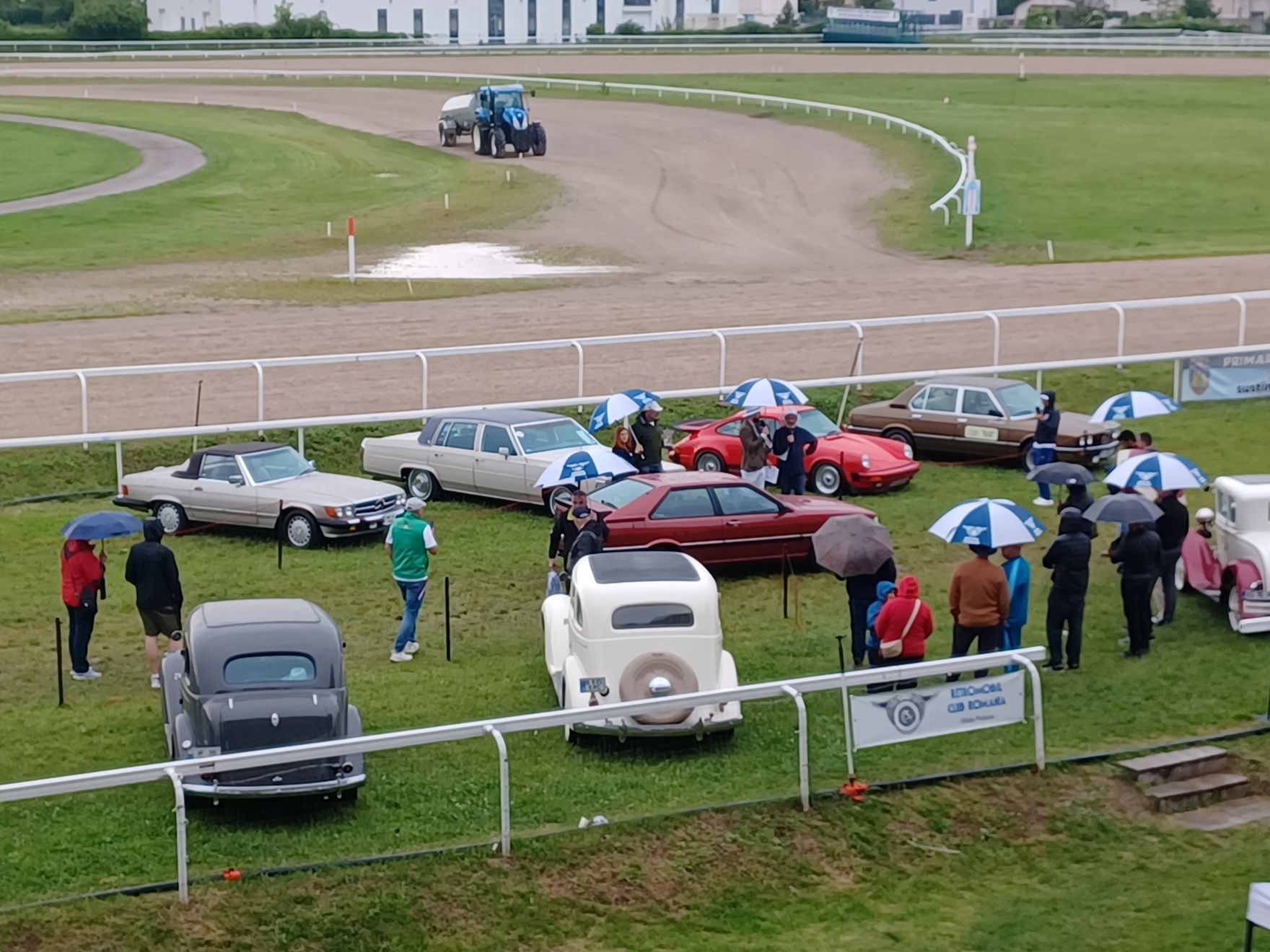
Among the attendees at this debut event was Prince Nicolae, then serving as regent. While it remains uncertain whether his presence directly influenced subsequent developments, the first official Elegance and Comfort Competition was held on August 11-12, 1934, under the patronage of King Carol II. The king’s summer residence in the mountain resort of Sinaia soon became the heart of Romania’s automotive festivities.
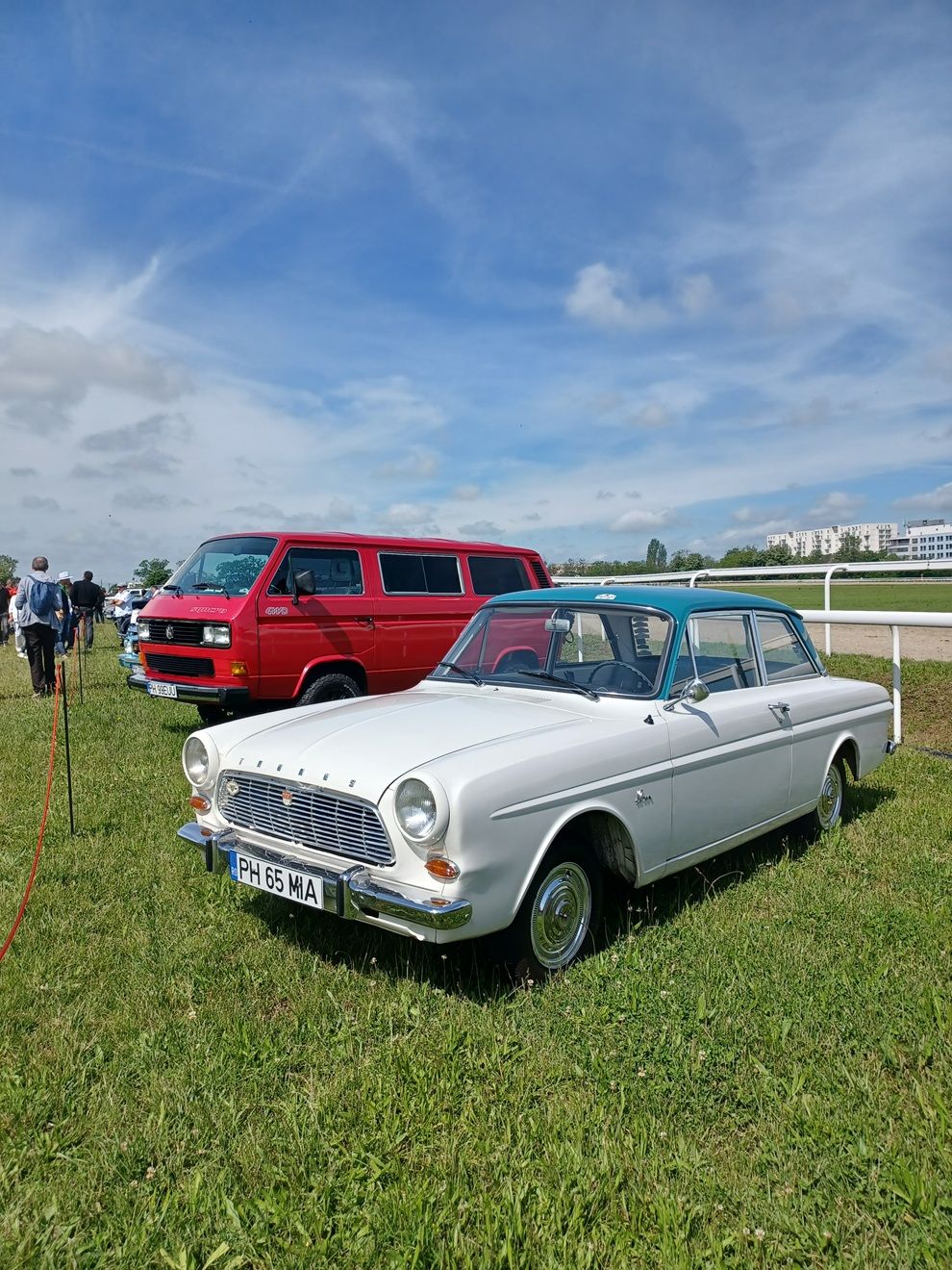
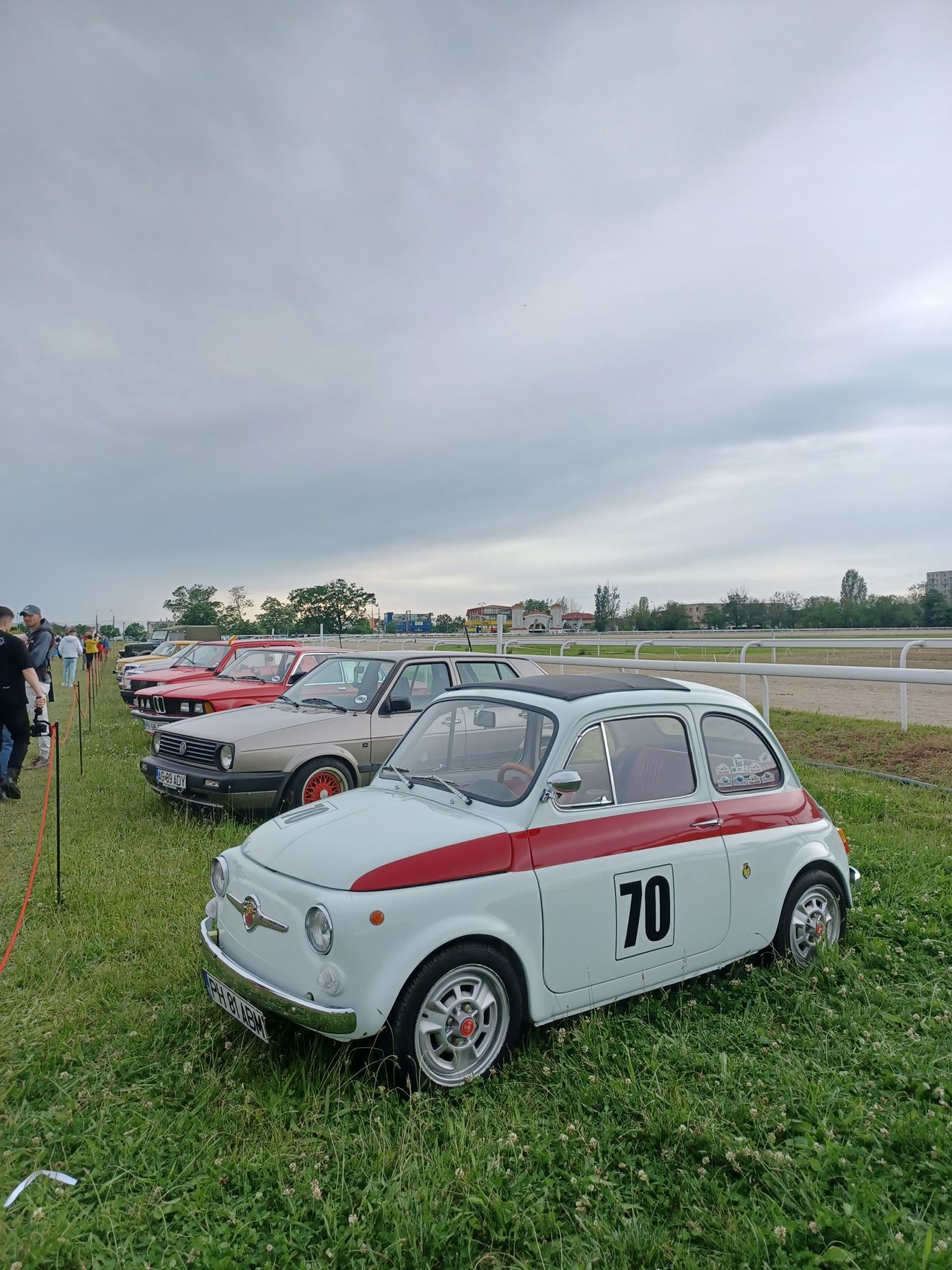
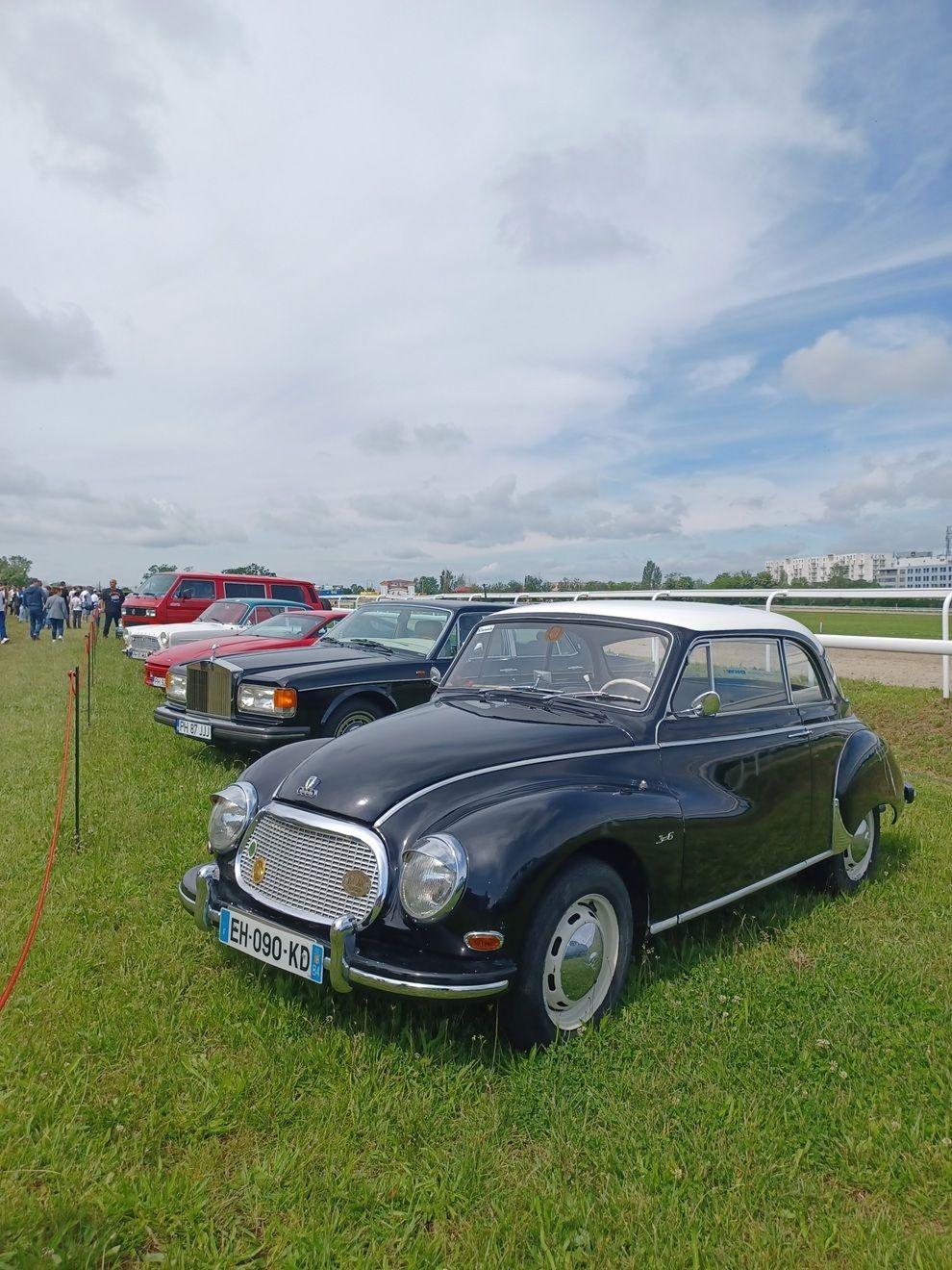
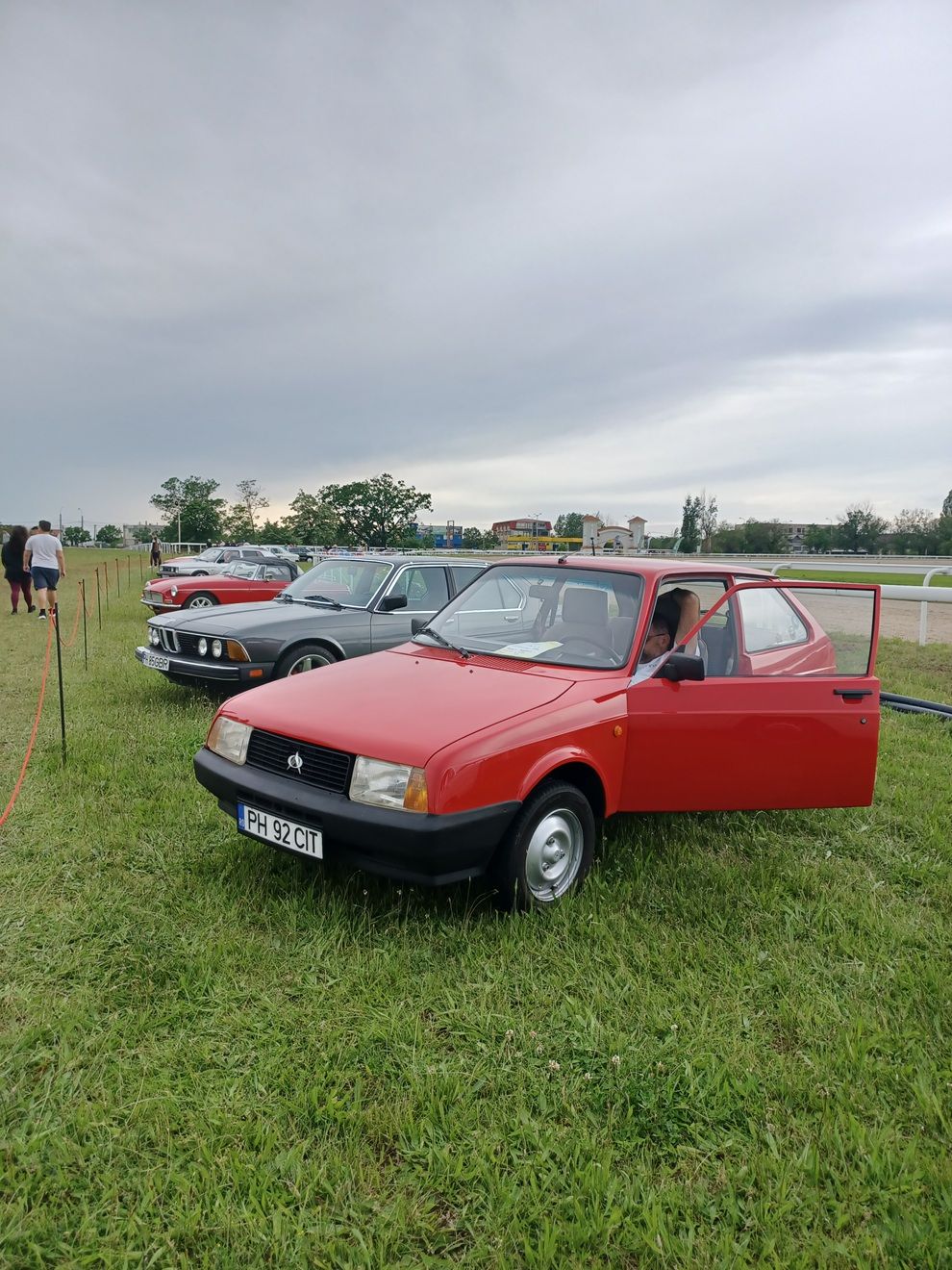
The interwar years marked a golden age for Romanian motoring. Local racing talent gained international acclaim – most notably Petre Cristea, who triumphed at the Monte Carlo Rally in 1936 driving a Ford V8, and at the Nürburgring in 1939 in a BMW 328. Romania also played host to prestigious events such as the Feleac hill climb and the International Grands Prix in Brașov (1935) and Bucharest (1936), attracting legendary drivers like Hans Stuck in an Auto Union Grand Prix car. Romanian innovation flourished as well, with engineers like Aurel Persu advancing automotive aerodynamics. In 1936, Ford even established a local assembly plant in Bucharest to produce the Ford V8.
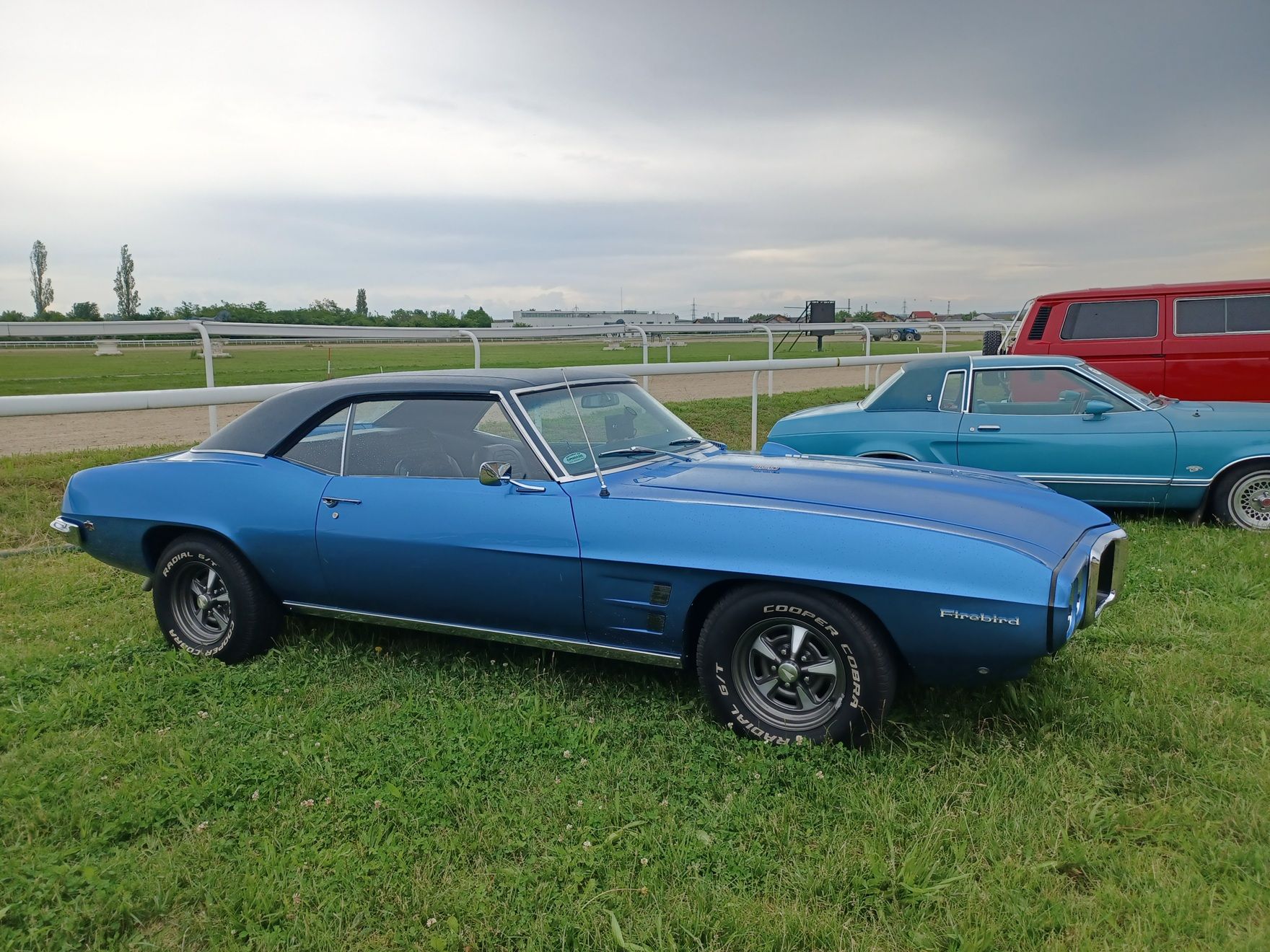
It was in this vibrant context that the Concursul de Eleganță Sinaia (Sinaia Elegance Contest) was launched in 1934 by the Royal Romanian Automobile Club (ACRR), originally founded in 1904. That inaugural competition featured four categories, with women winning three of them: Lilette Butculescu claimed the tourer class in a Chrysler Imperial, Roxana Soutza won the closed body class in a Delage, and Marie Louise Costinescu took the aerodynamic class in a Chrysler. The convertible category was won by Ion Matak in a Rolls-Royce.
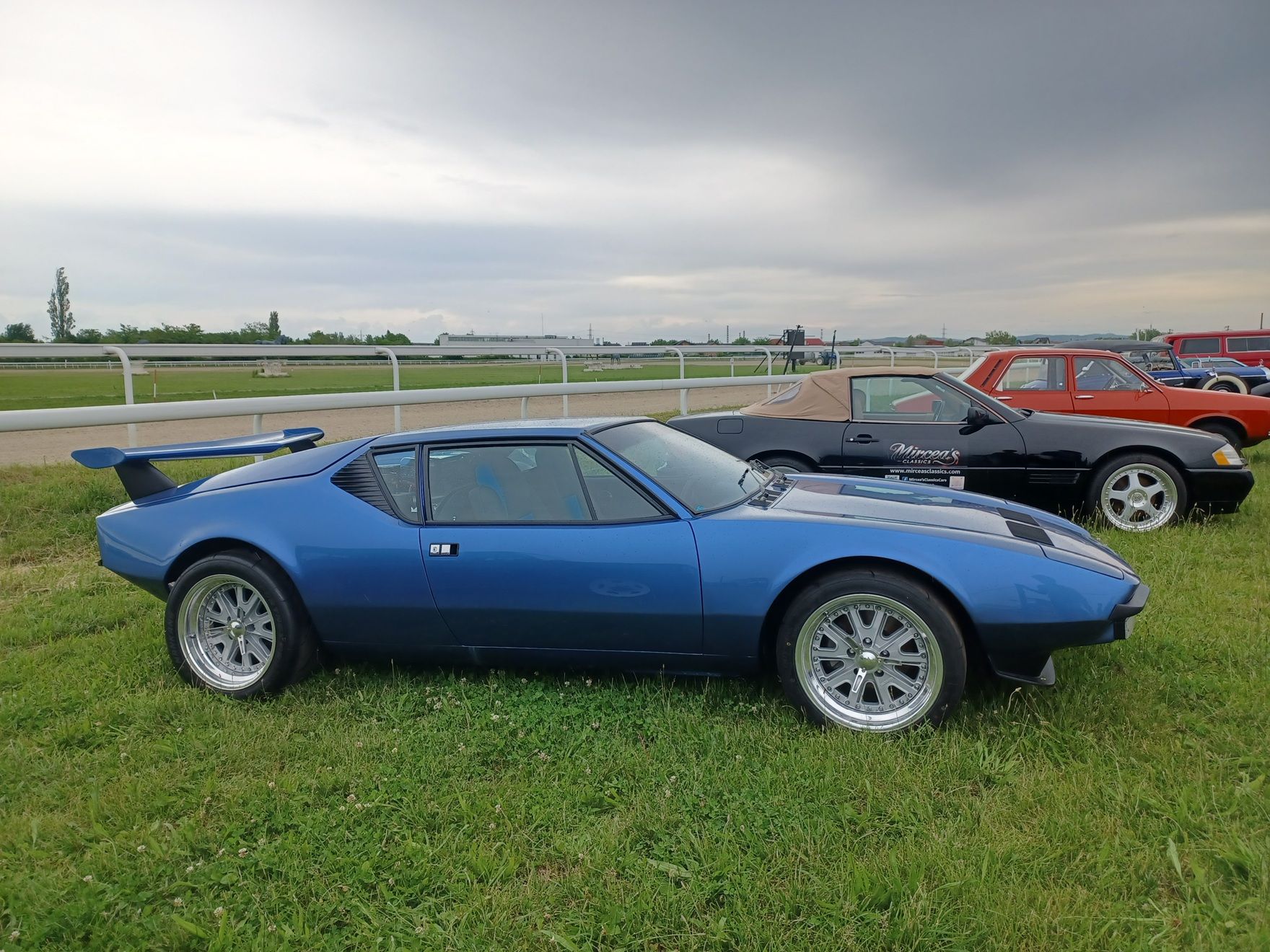
In 2011, Retromobil Romania, the FIVA-recognized federation of all historic vehicle clubs in the country, revived the Concursul de Eleganţă Sinaia. Since then, the event has evolved into a unique and distinctive concours, setting itself apart from others.
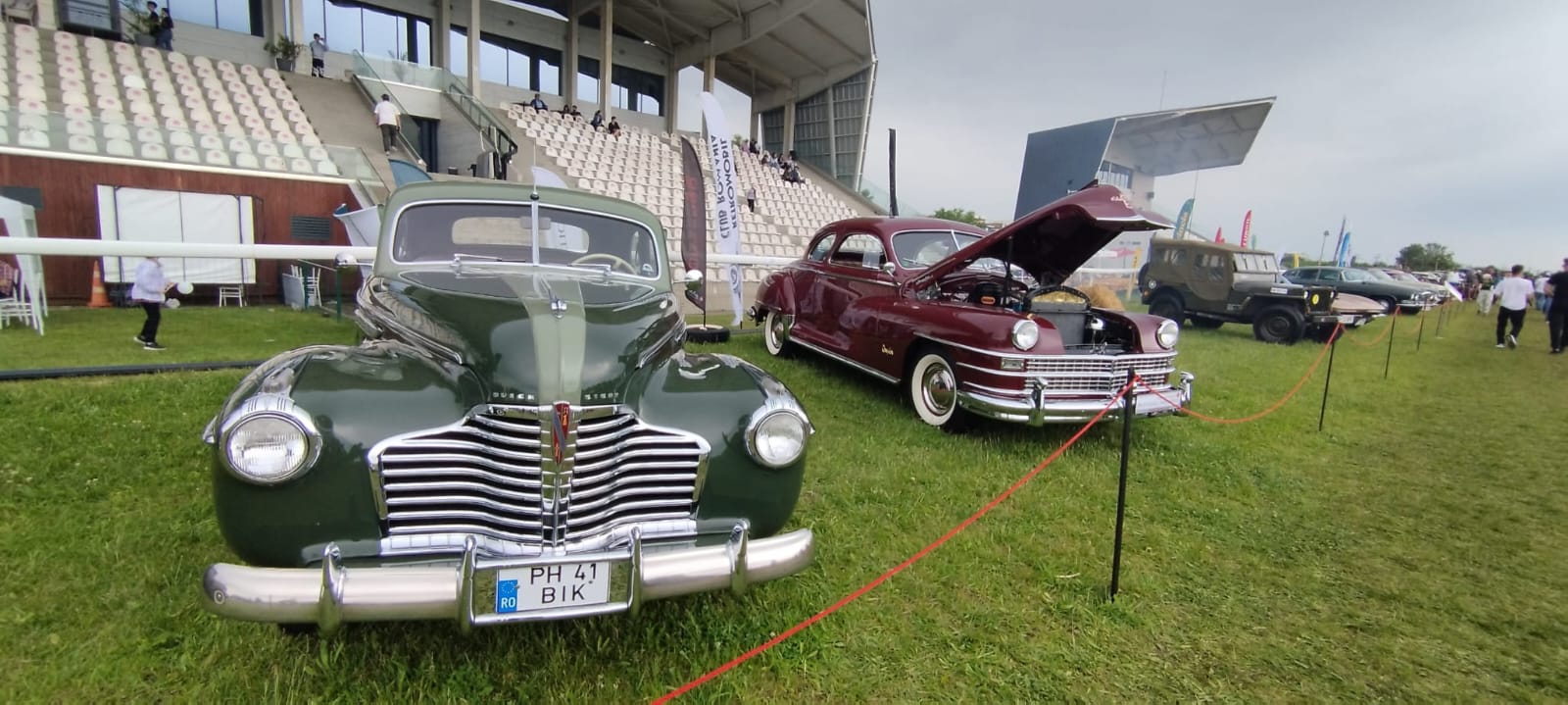
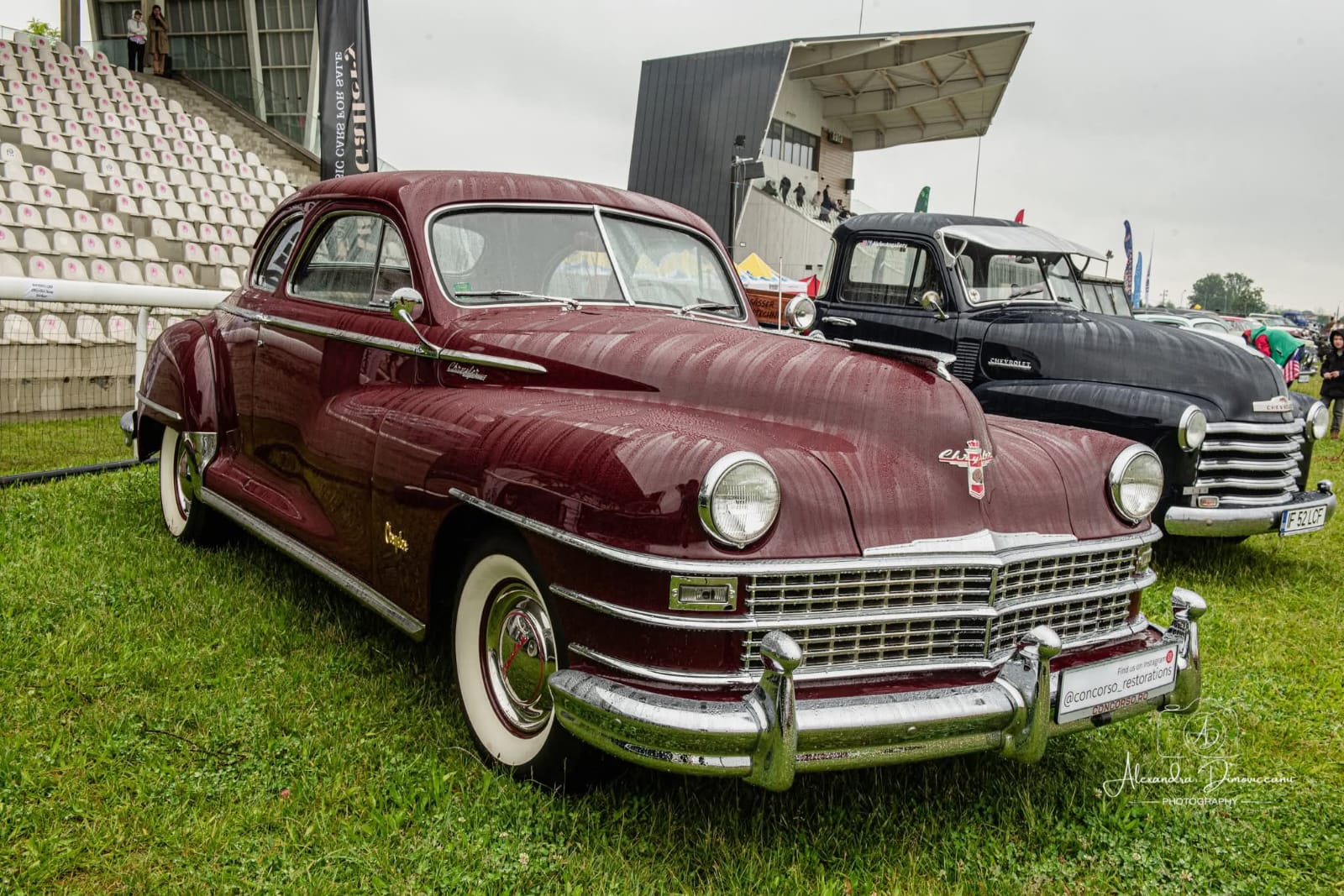
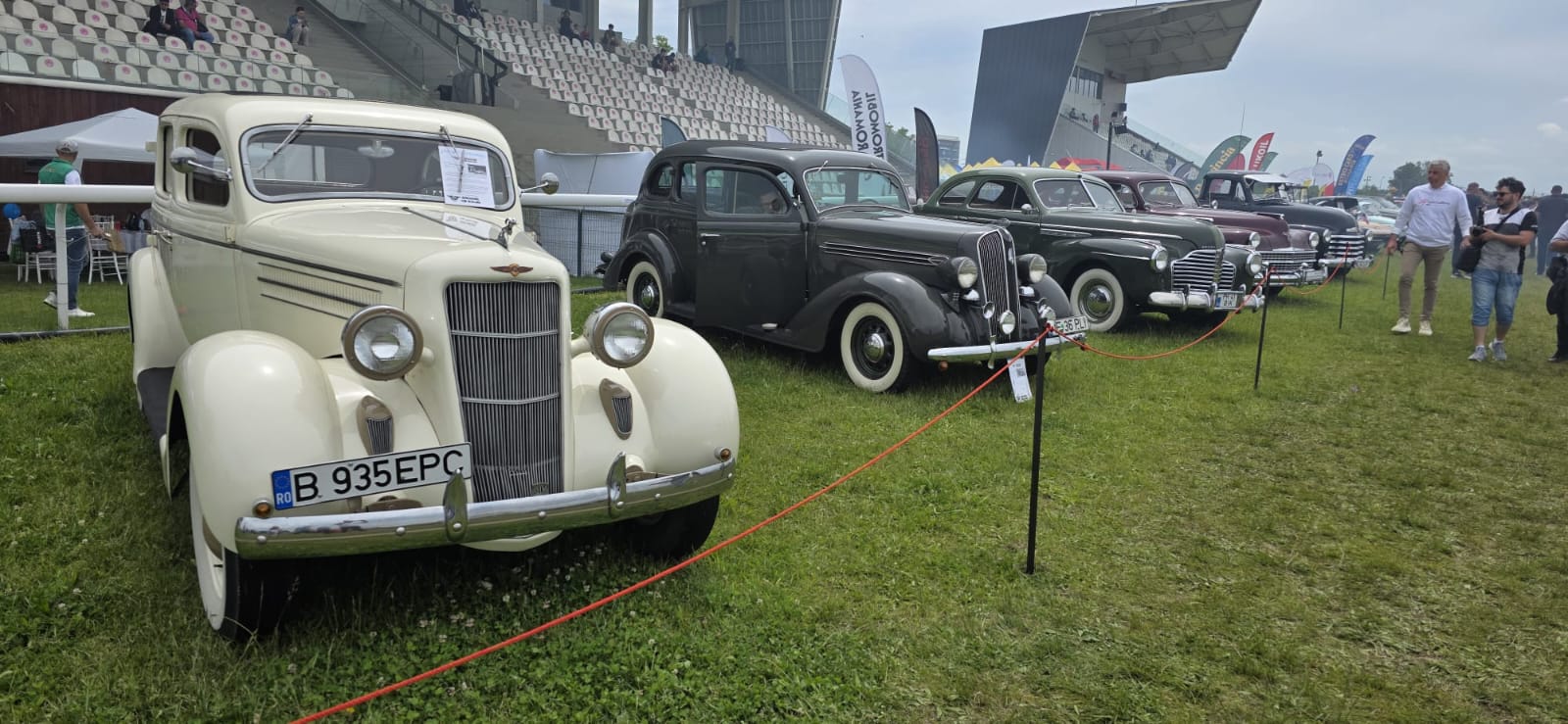
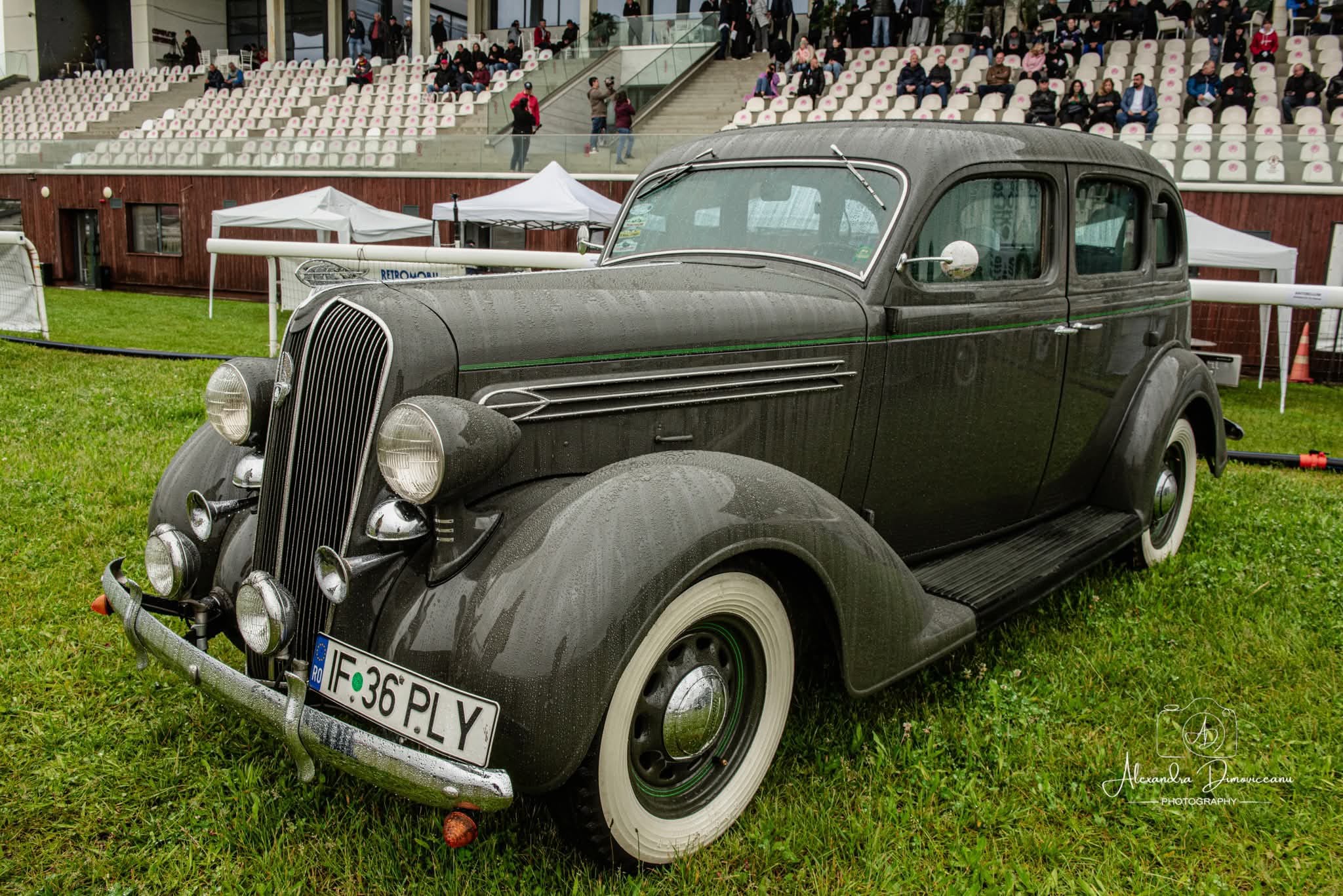
In recent years, an unexpected entry has emerged on Romania’s concours calendar: the city of Ploiești.
Ploiești? It may seem like an unlikely setting for a concours d’élégance. As the capital of Prahova County in Wallachia, located about 50 kilometres north of Bucharest, Ploiești is better known for its oil refineries than for architectural charm or tourist appeal. Yet what the city lacks in glamour, it makes up for in passion – thanks to two avid historic vehicle enthusiasts, Paul Stama and Cristian Vladimirescu.
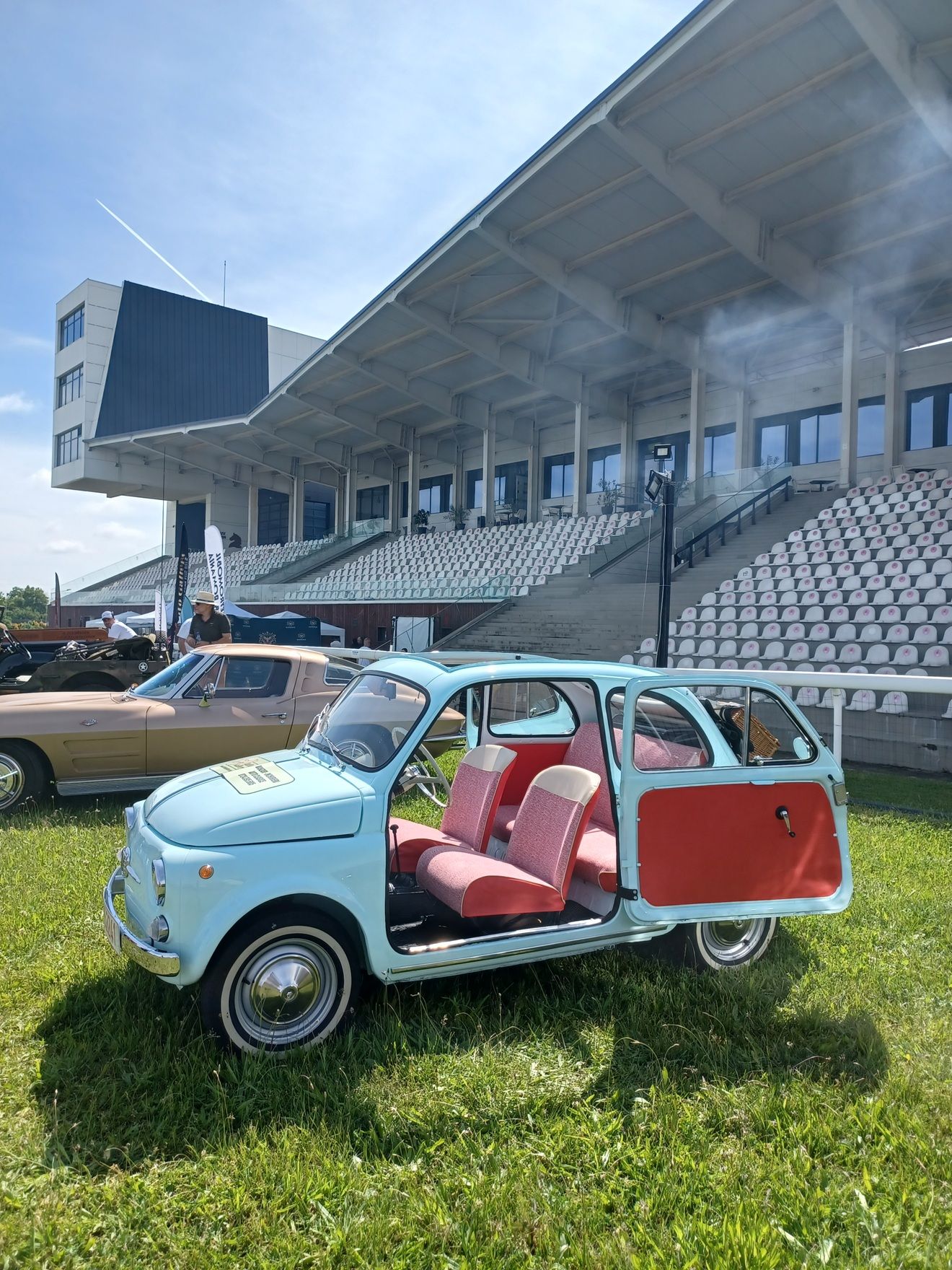
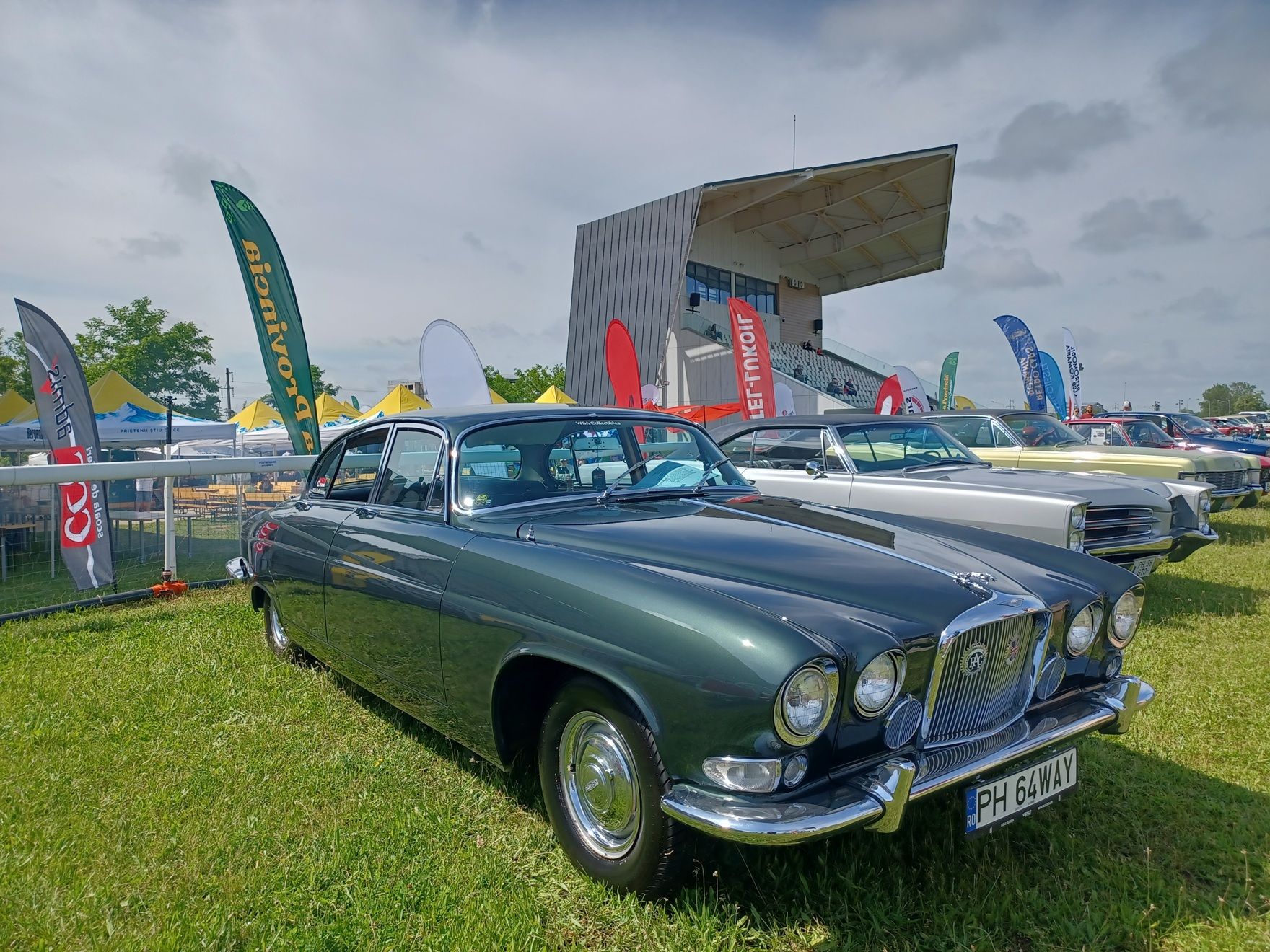
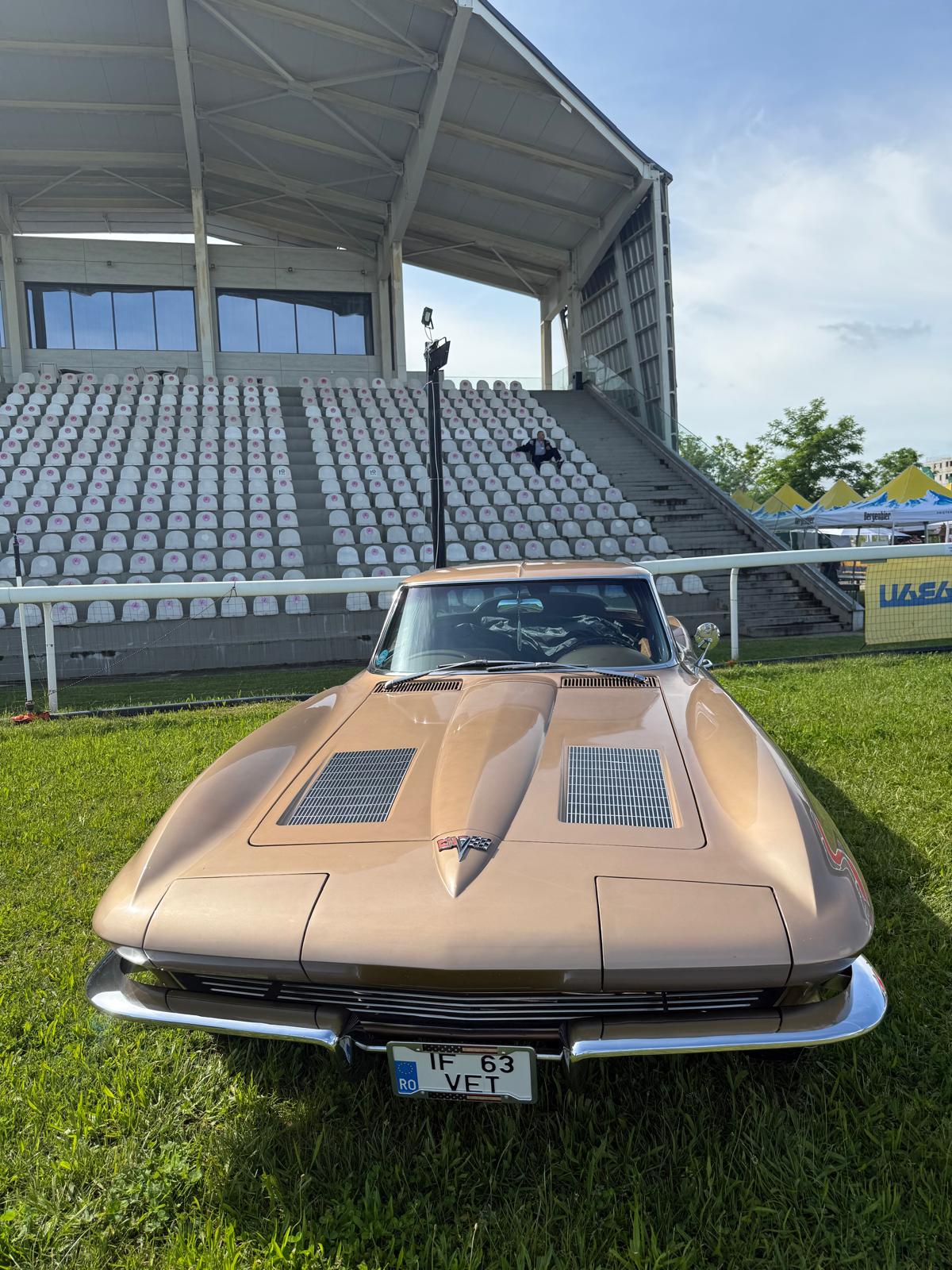
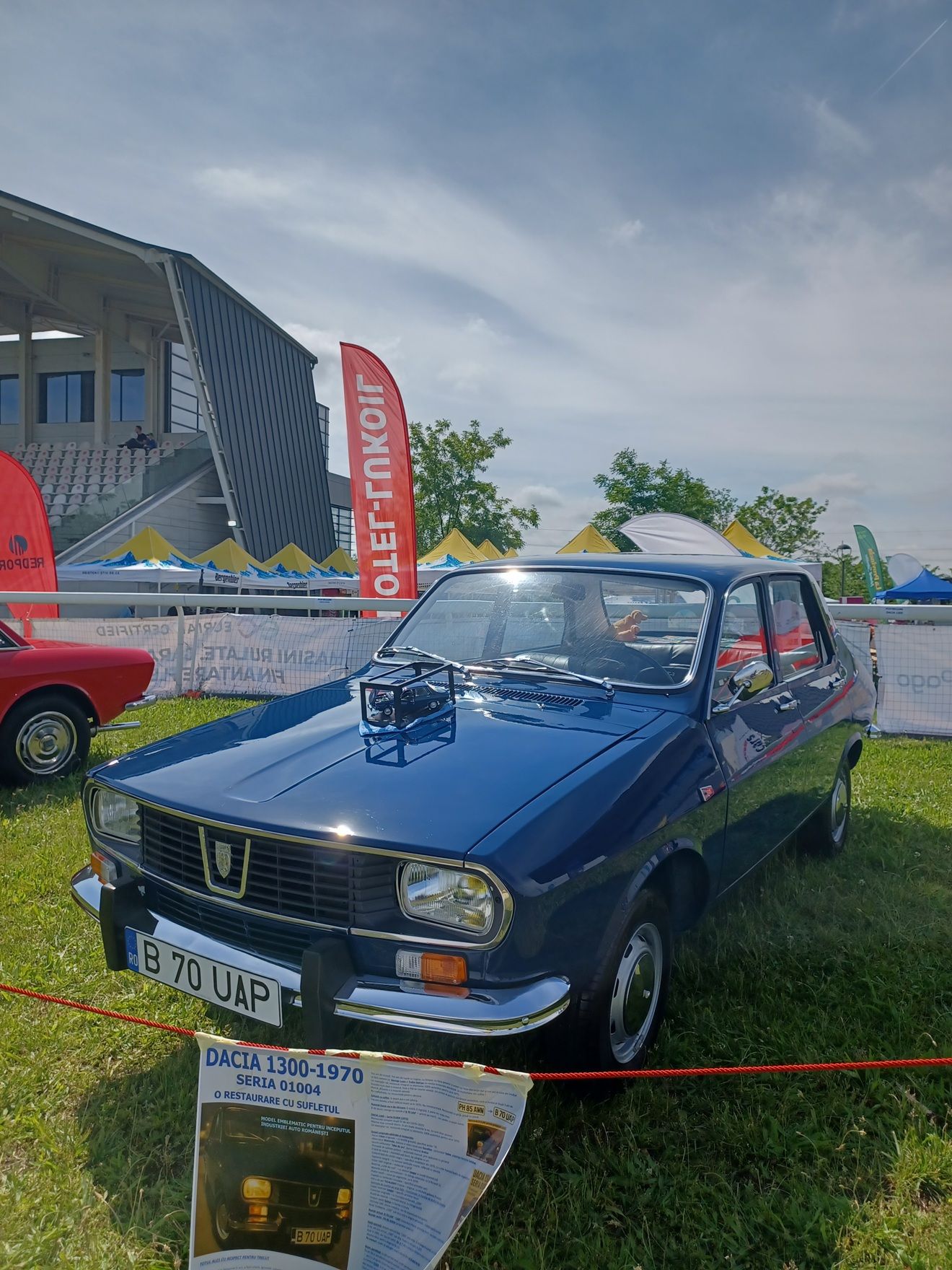
Successful businessmen in the oil pipeline insulation industry, Paul and Cristian were eager to give back to their community. Their vision? To organise a world-class concours in their hometown. And what better venue than Ploiești’s racecourse – the city’s hippodrome – with the evocative theme ‘From Horses to Horsepower’ (or, in Romanian, de la cal la cai putere).
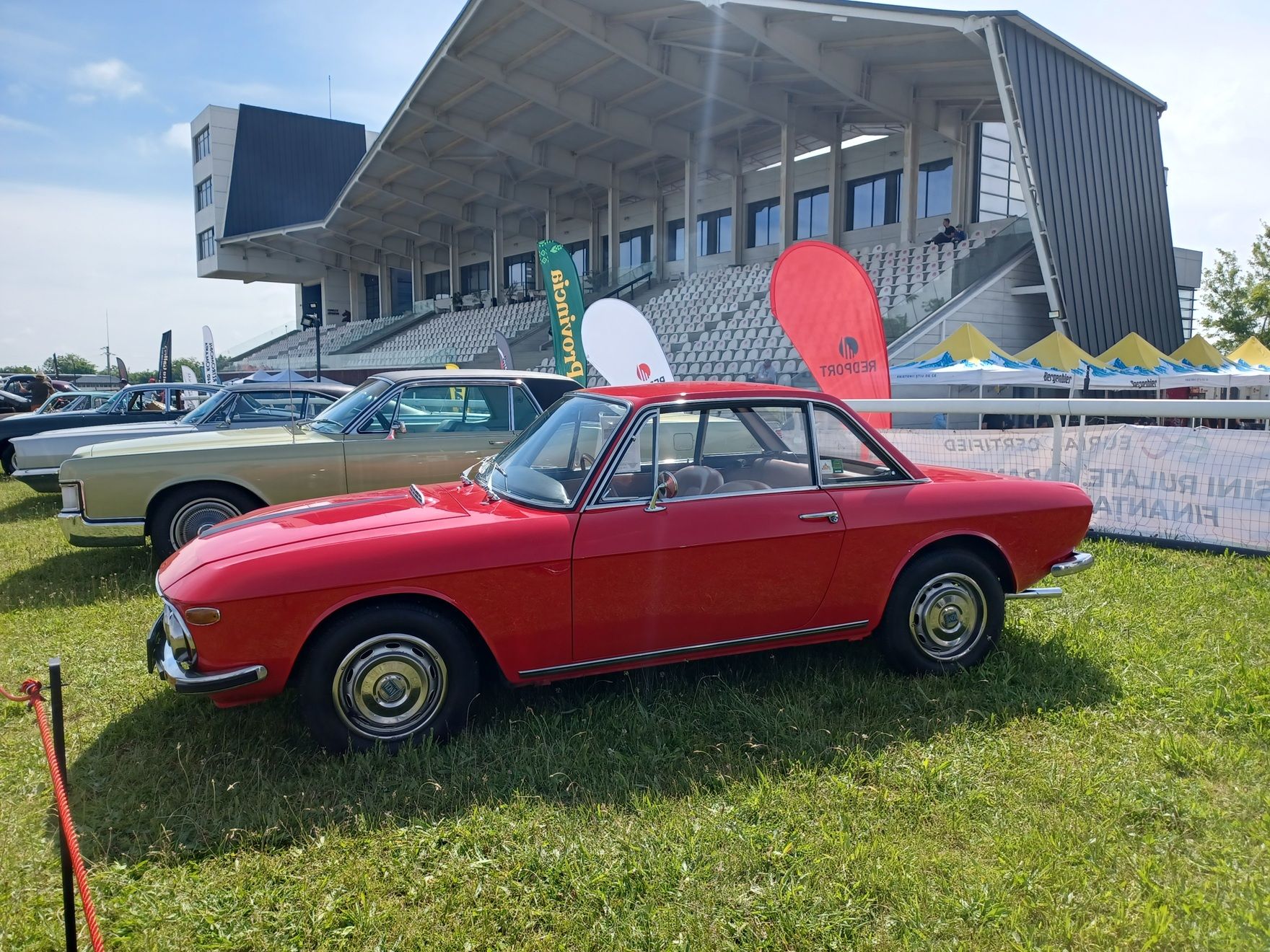
The event debuted over a weekend – May 24-25 – as a two-day celebration of classic motoring. Saturday featured a concours d’état-style judging of around two dozen standout vehicles selected from over 180 entries. Sunday was reserved for a unique parade pairing vintage automobiles with live horse racing, playfully nodding to the event’s theme. Spearheading the logistics was longtime collaborator Cristina Stoica, whose dedication and meticulous organisation made the entire weekend a resounding success.
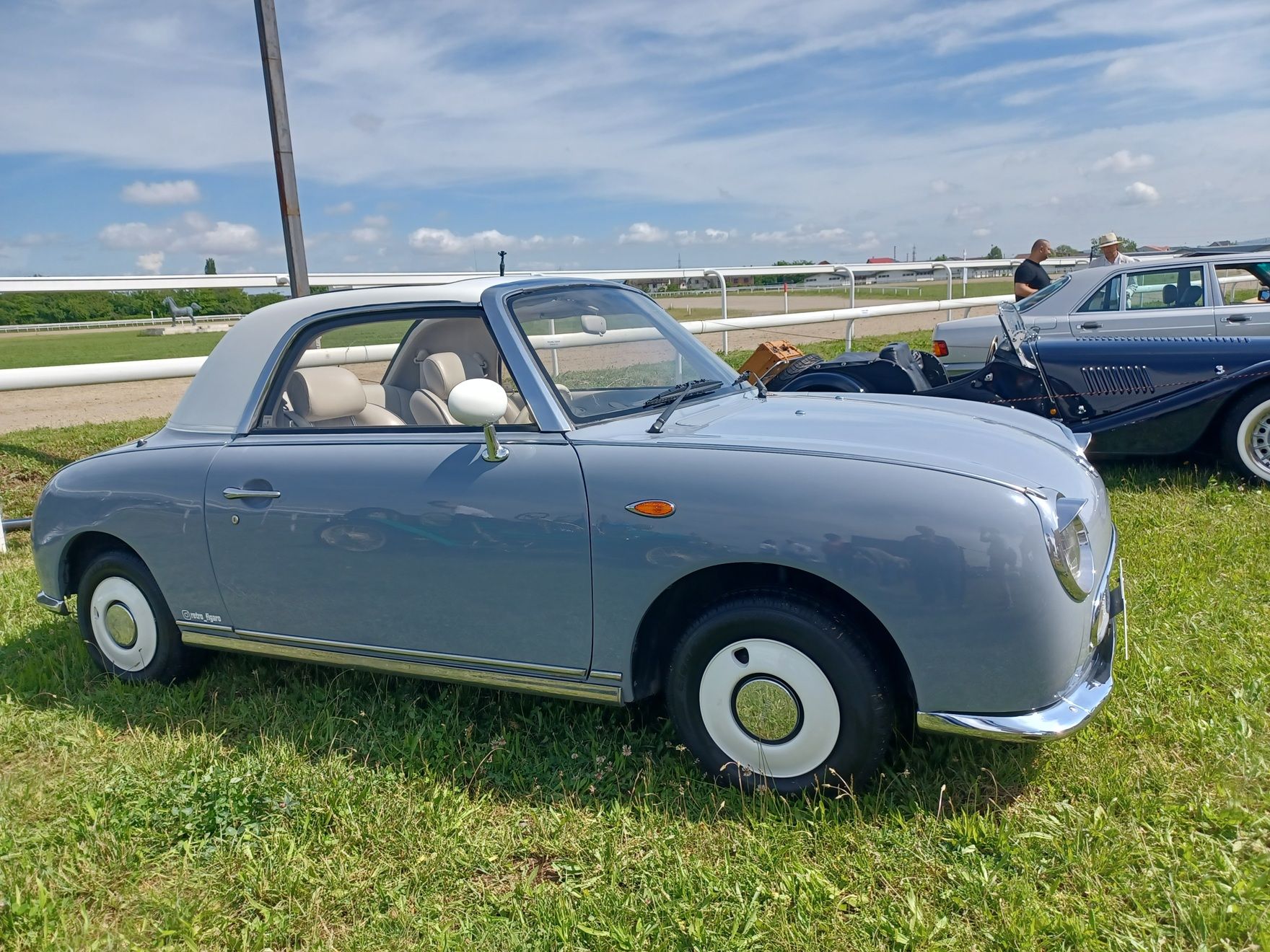
To ensure international standards, Cristian, Paul, and Cristina reached out to Gabriela Măgureanu, President of Retromobil Club Romania, to assemble an experienced jury. Gabriela extended the invitation to me, and together we selected two young but deeply knowledgeable judges: Stéphane Guarato, who runs a restoration school near Paris, and Kalina Benhamou (@kalinabenhamou), a rising figure in the historic vehicle scene.
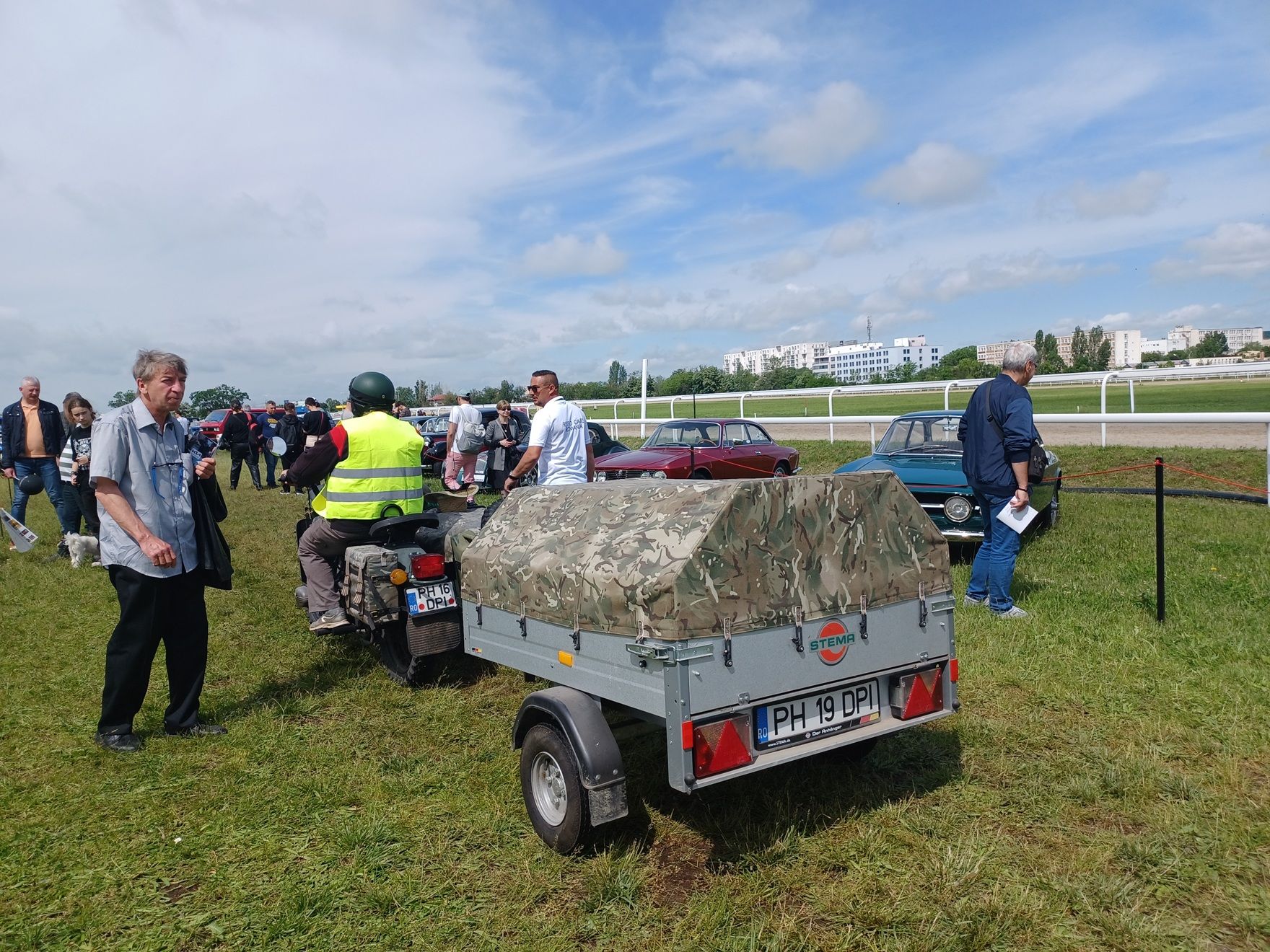
For judging criteria, we adopted a simplified version of the Chantilly Arts & Elegance scoring system, focusing on authenticity, historical significance, design, and the condition of both exterior and interior components. (For example, the class-winning 1936 Plymouth scored exceptionally across all metrics.)
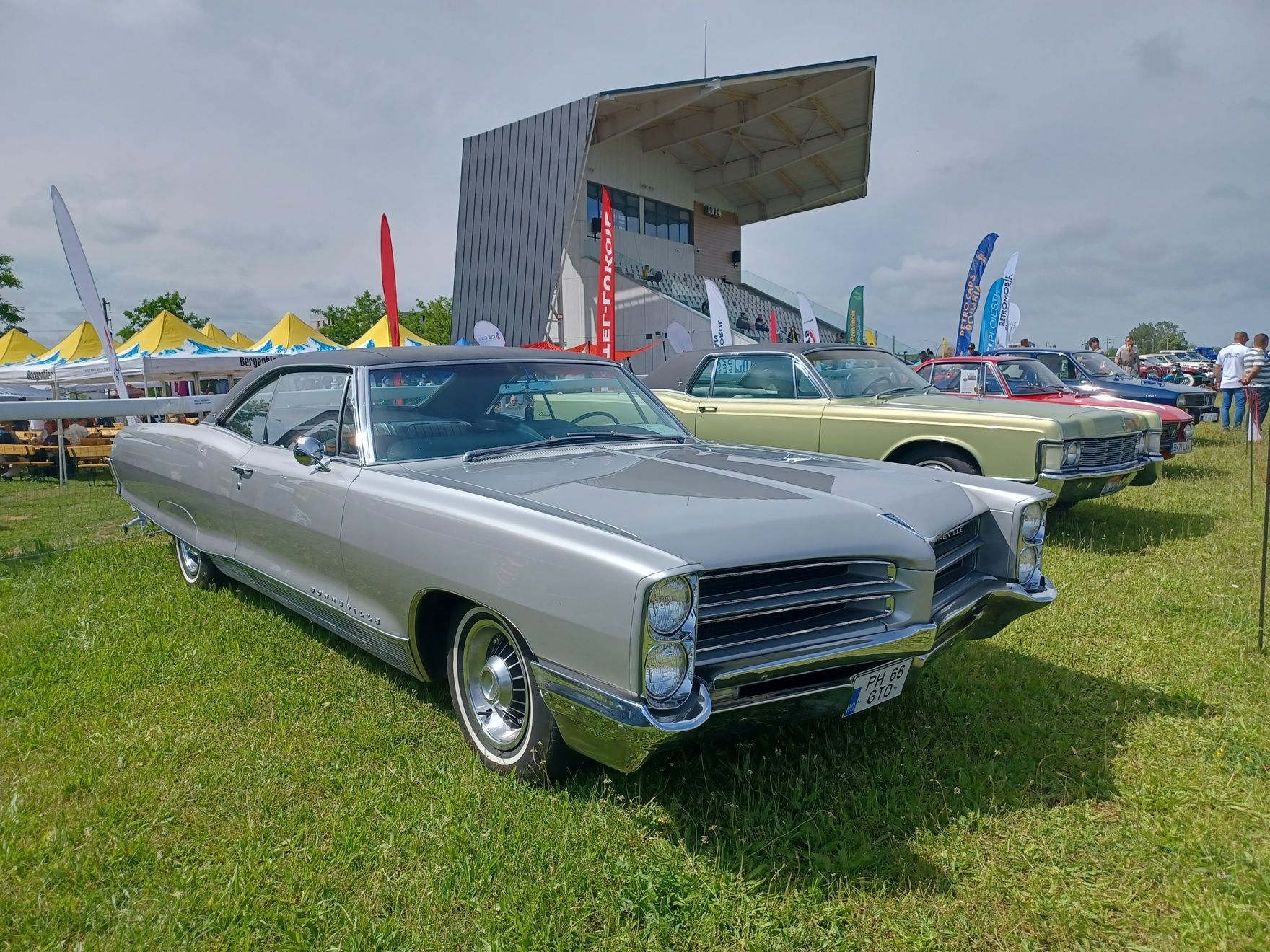
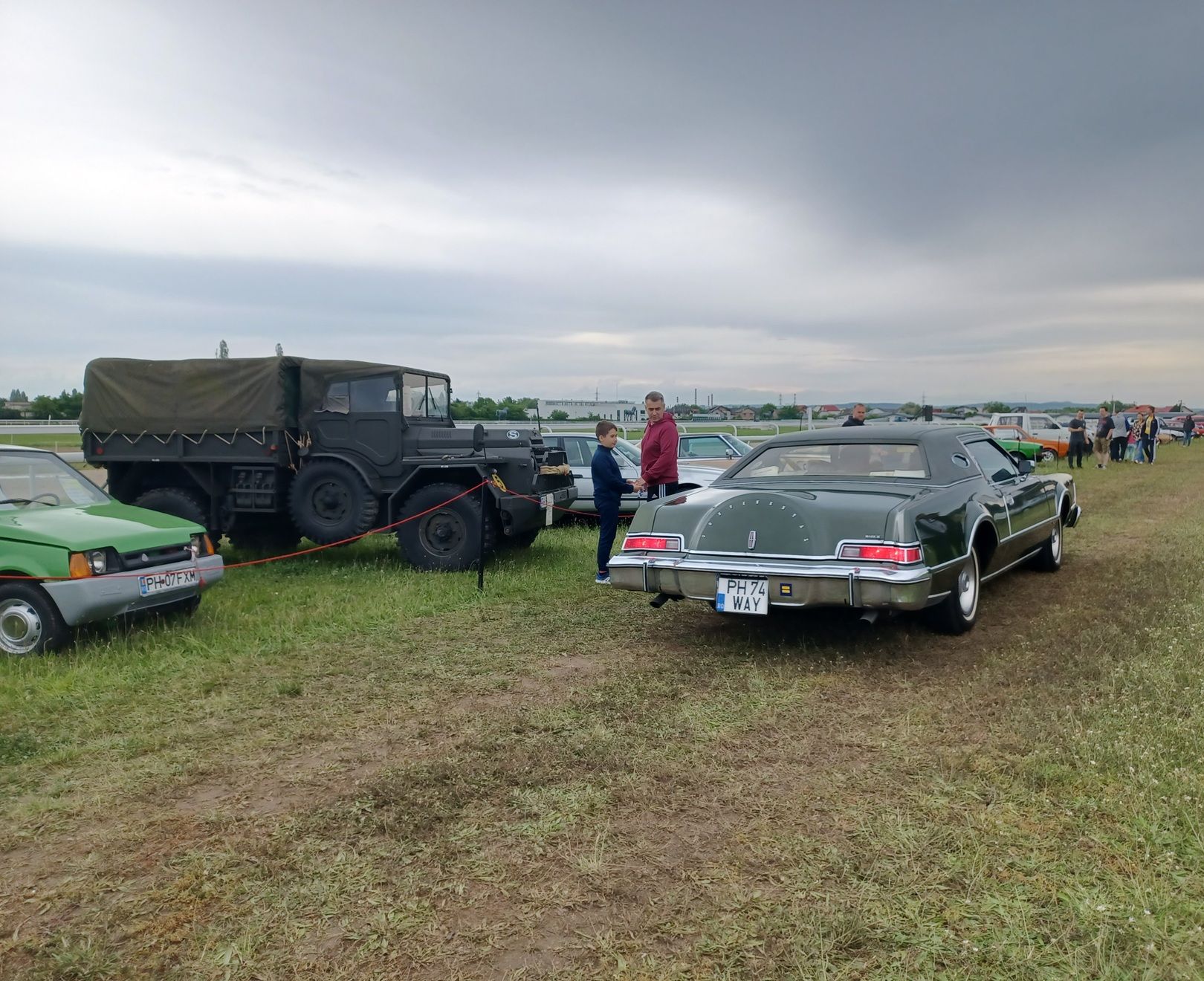
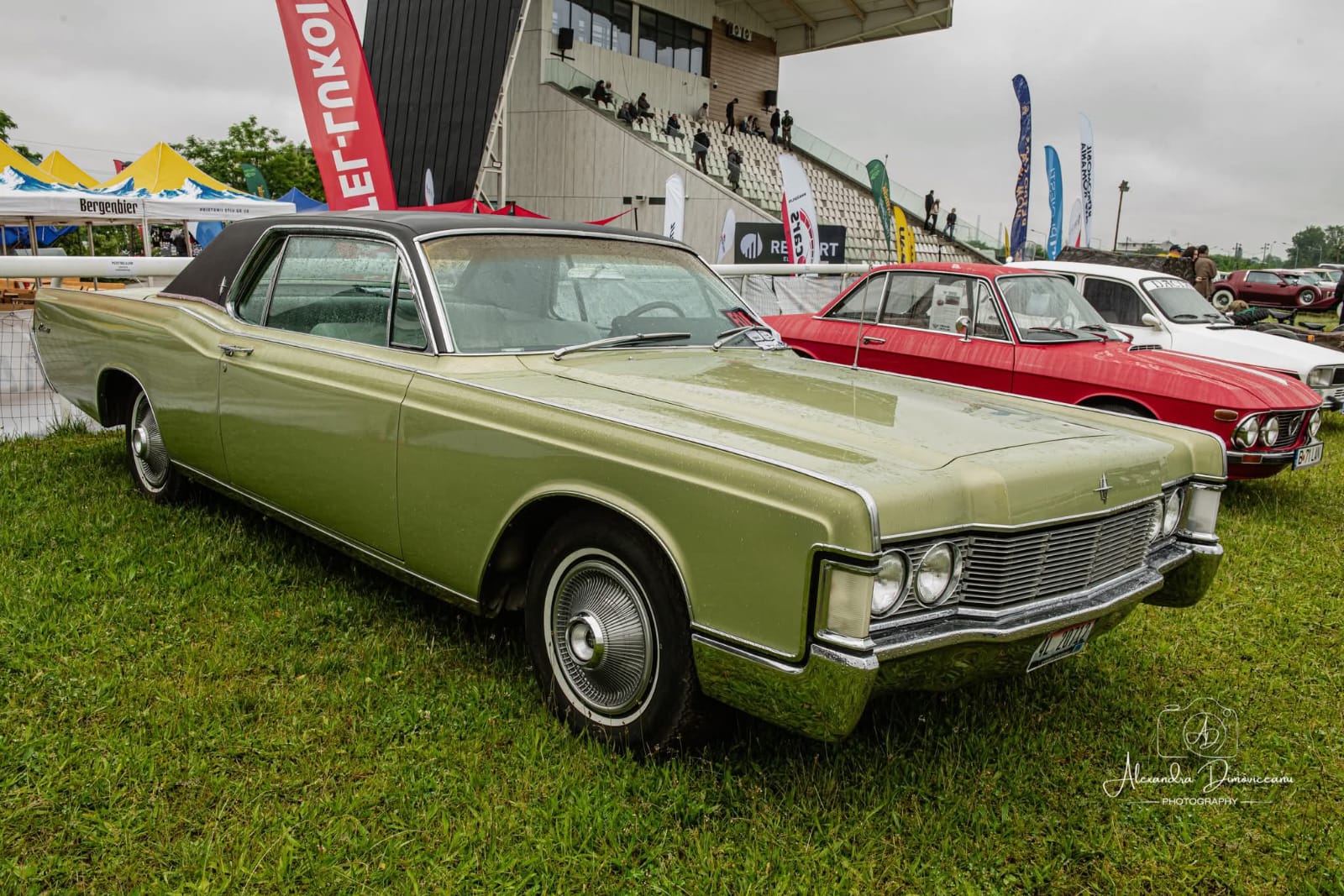
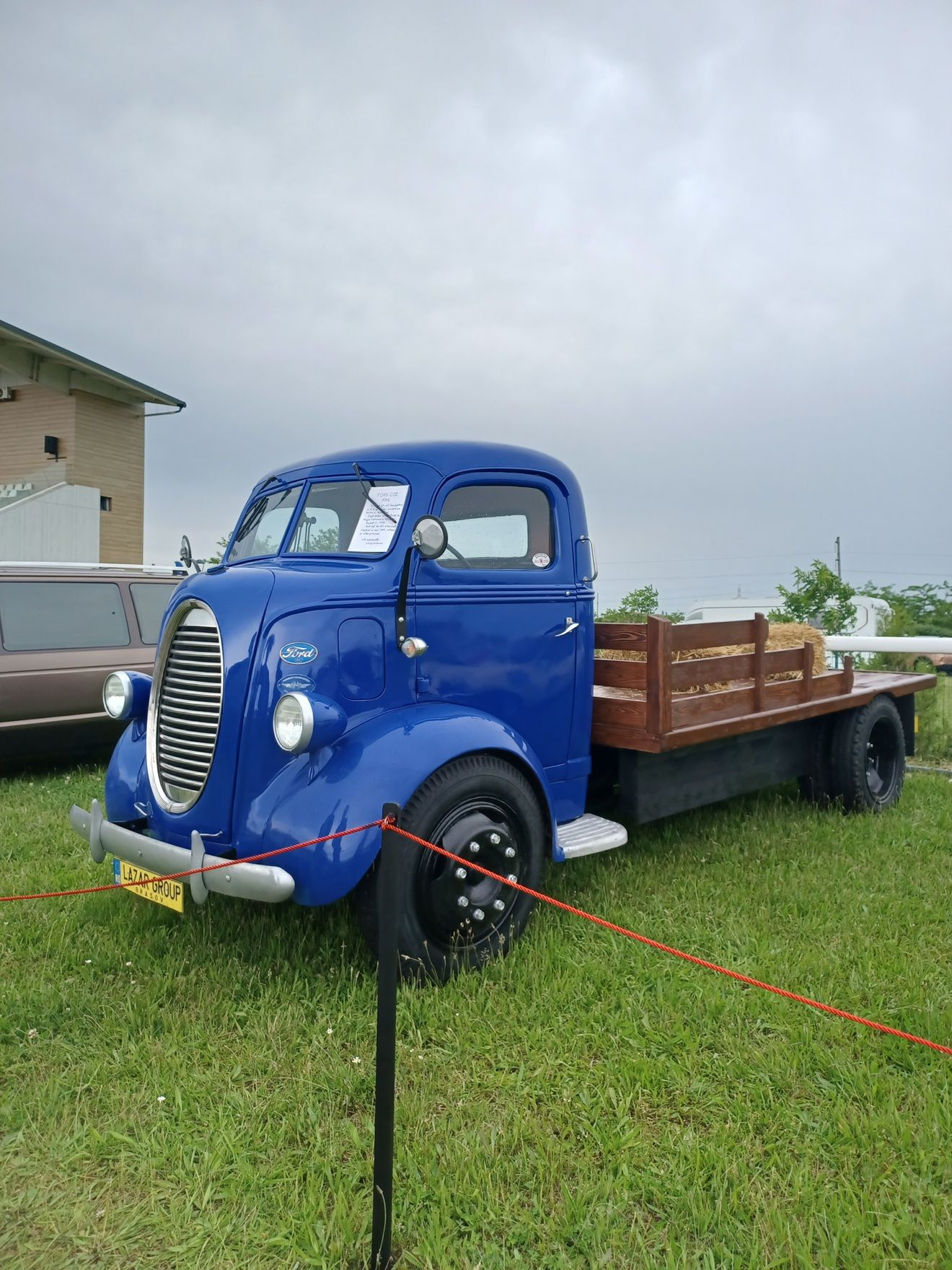
Vehicles were grouped by era: Antibellum (pre-WWII), Postbellum (post-WWII), and Youngtimers (1970s onward). While the number of entries per class was modest, the competition was incredibly tight, with mere points separating the winners from the runners-up.
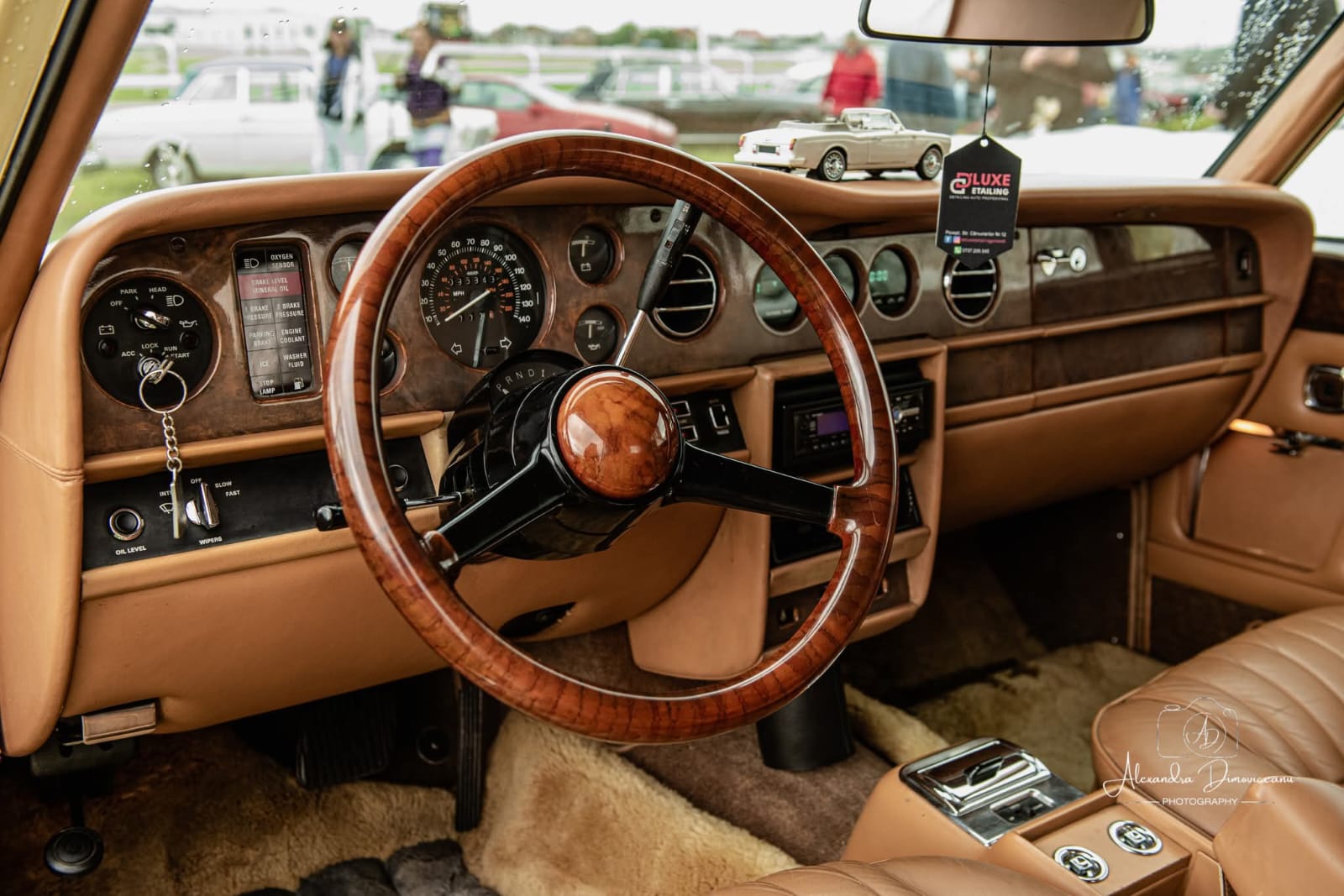
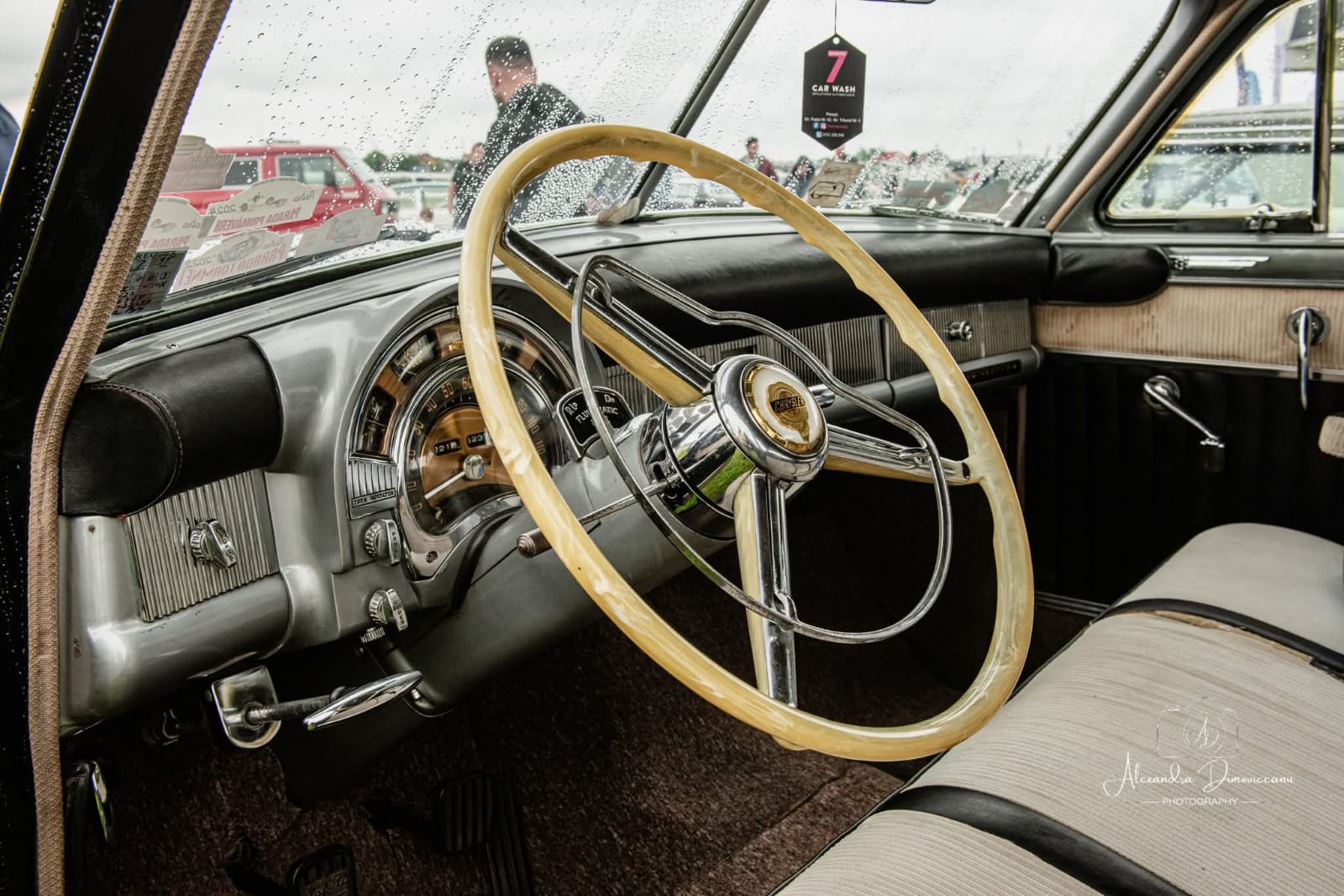
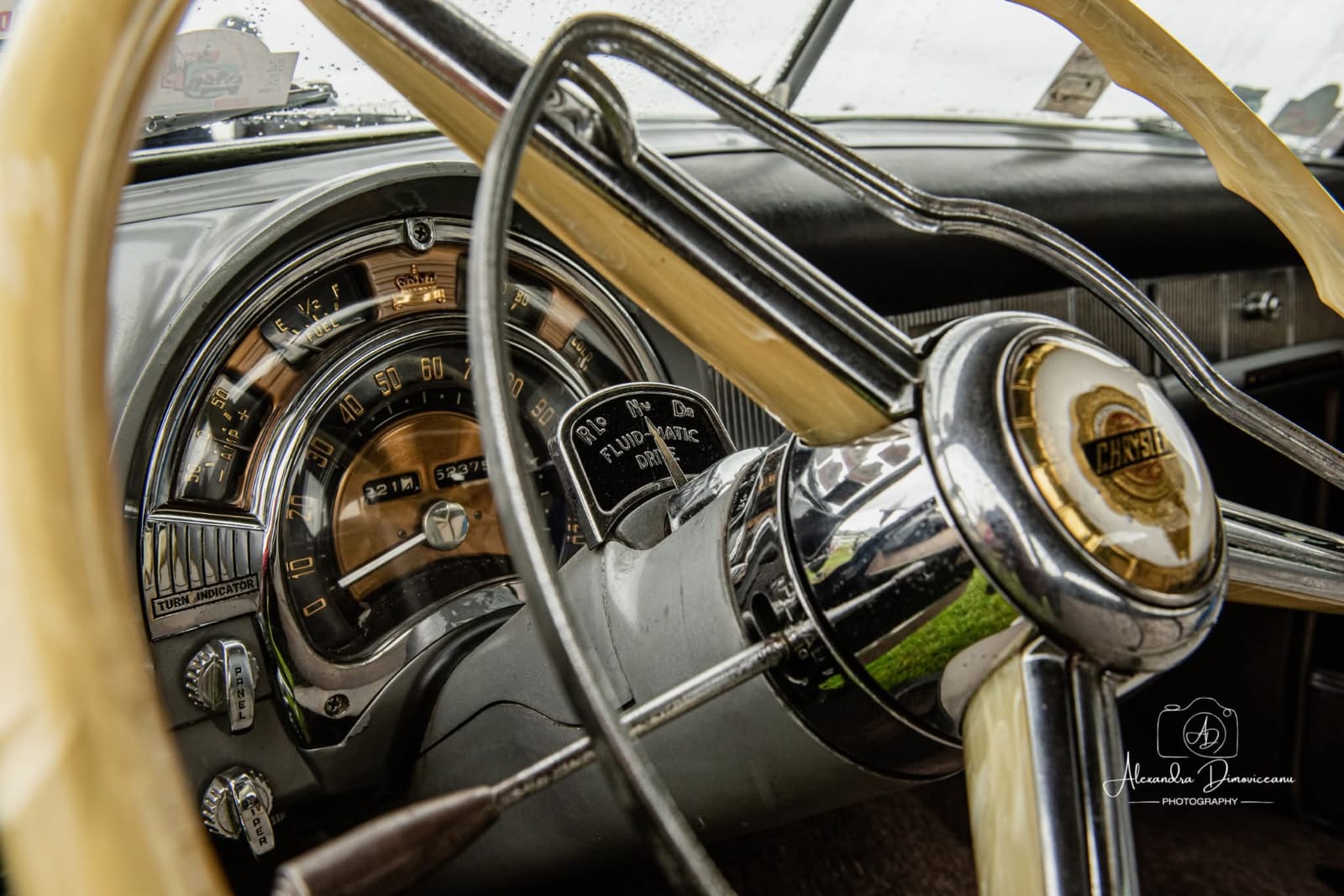
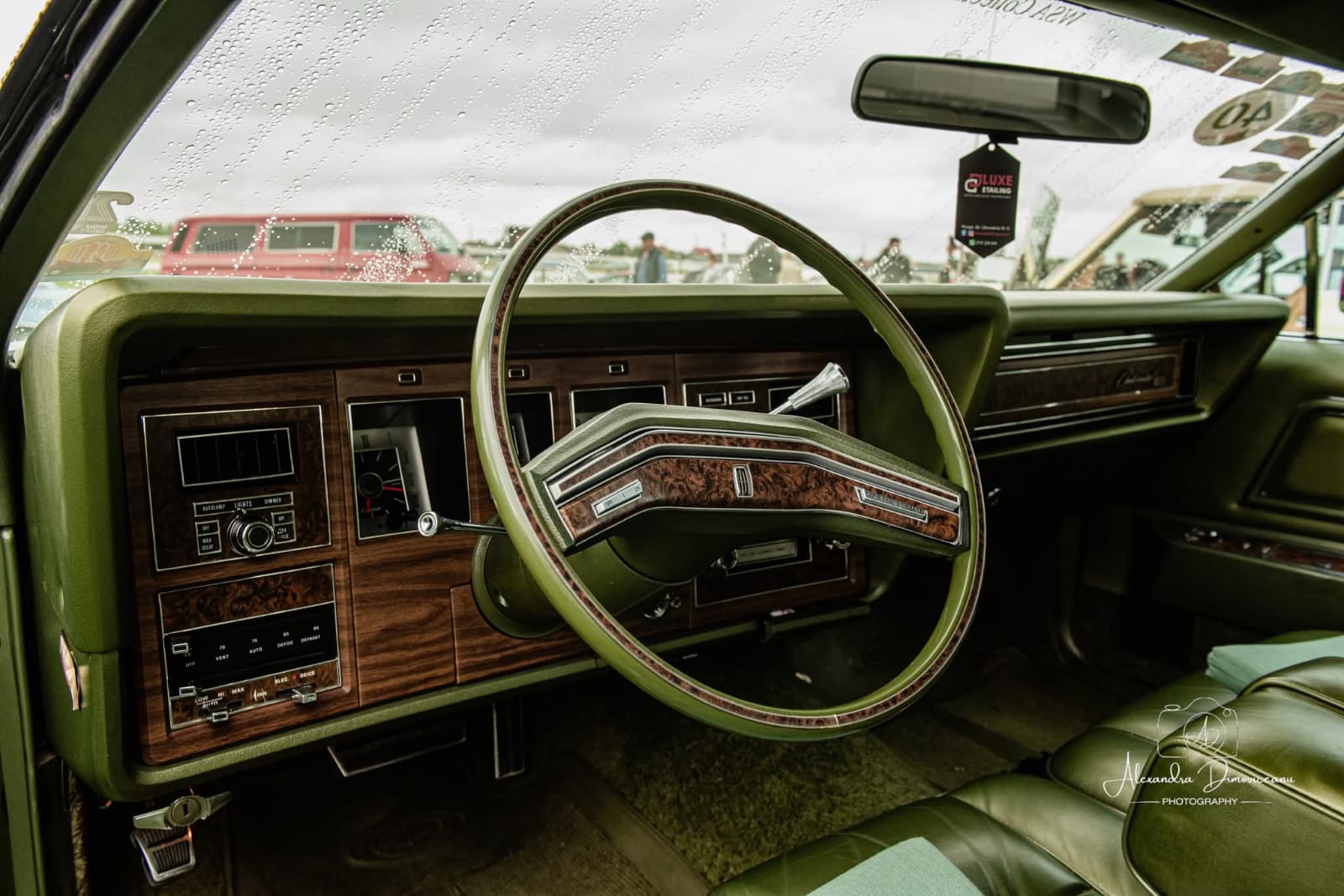
After explaining the scoring framework to Kalina and Stéphane during the evaluation of the first few vehicles, I happily stepped back and let them lead. They approached each car with great care, engaged thoughtfully with the owners, and spent most of Saturday immersed in judging the impressive line-up.
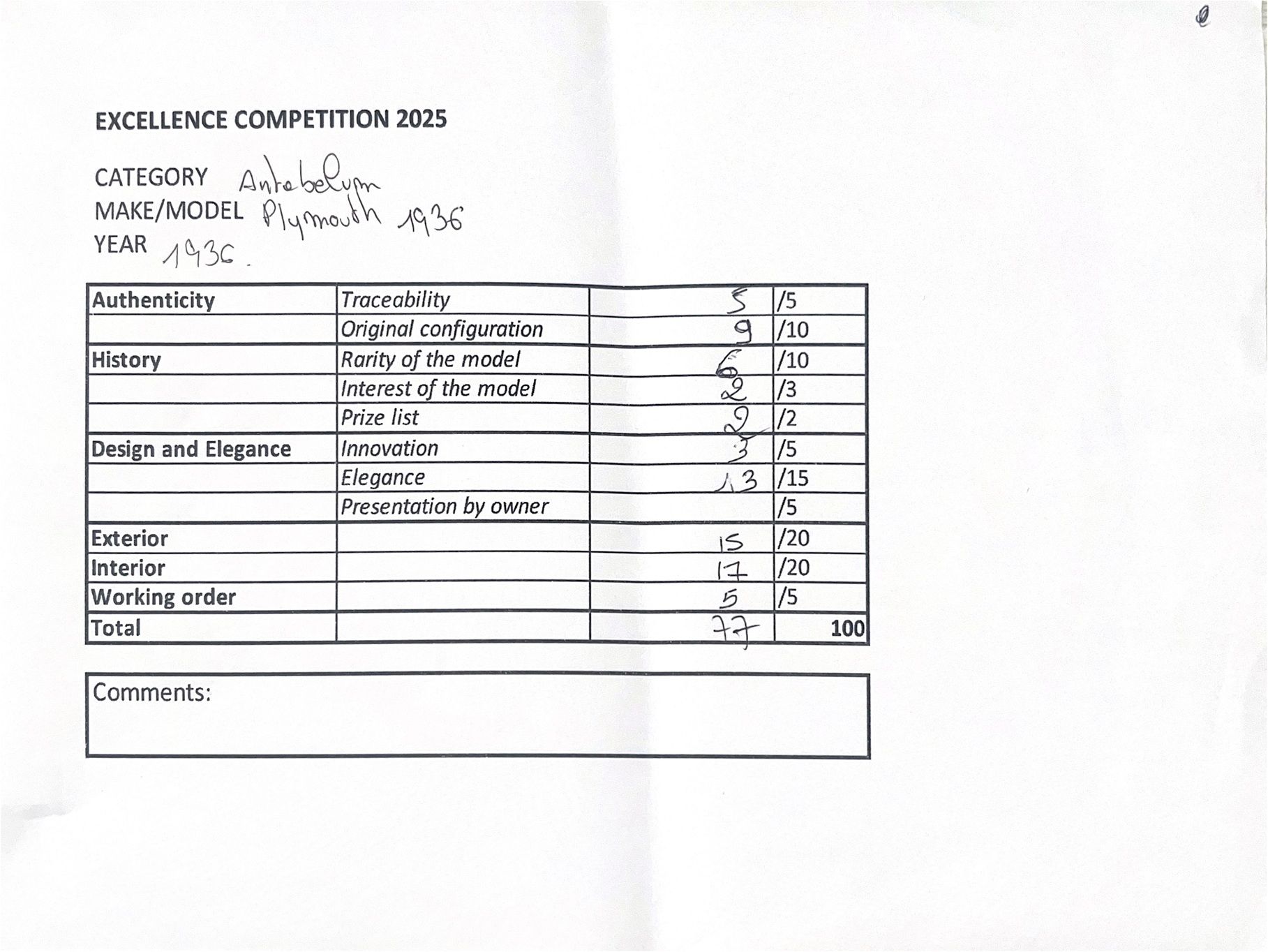
By evening, we had our results, which were announced and awarded that same night – luckily so, as Sunday’s weather turned out to be a complete washout.
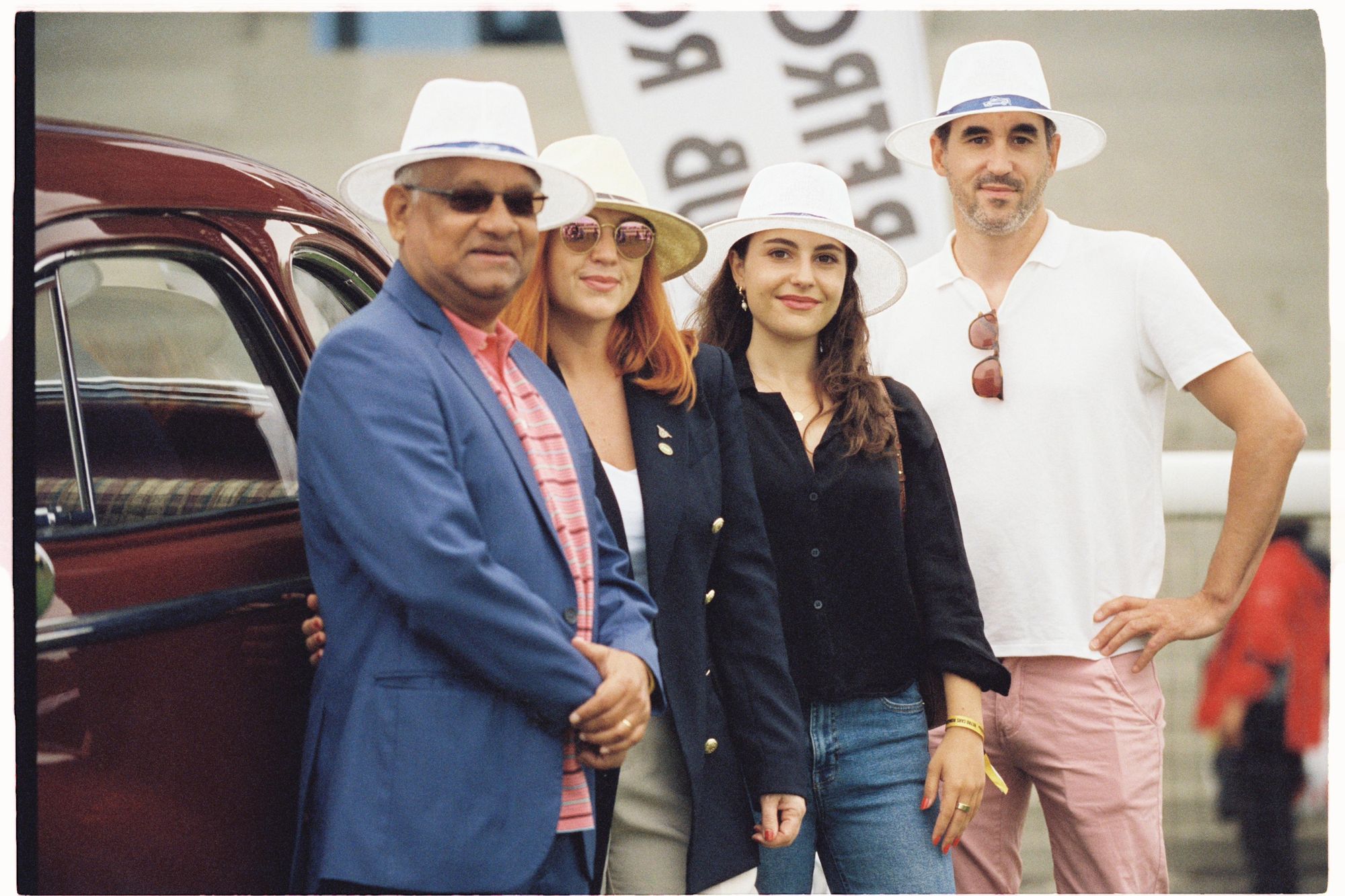
Still, Saturday delivered a full day of celebration for Romania’s rich automotive heritage. With the success of this inaugural edition, we believe the Ploiești concours has the potential to become one of the most distinctive and important classic car events in Europe.
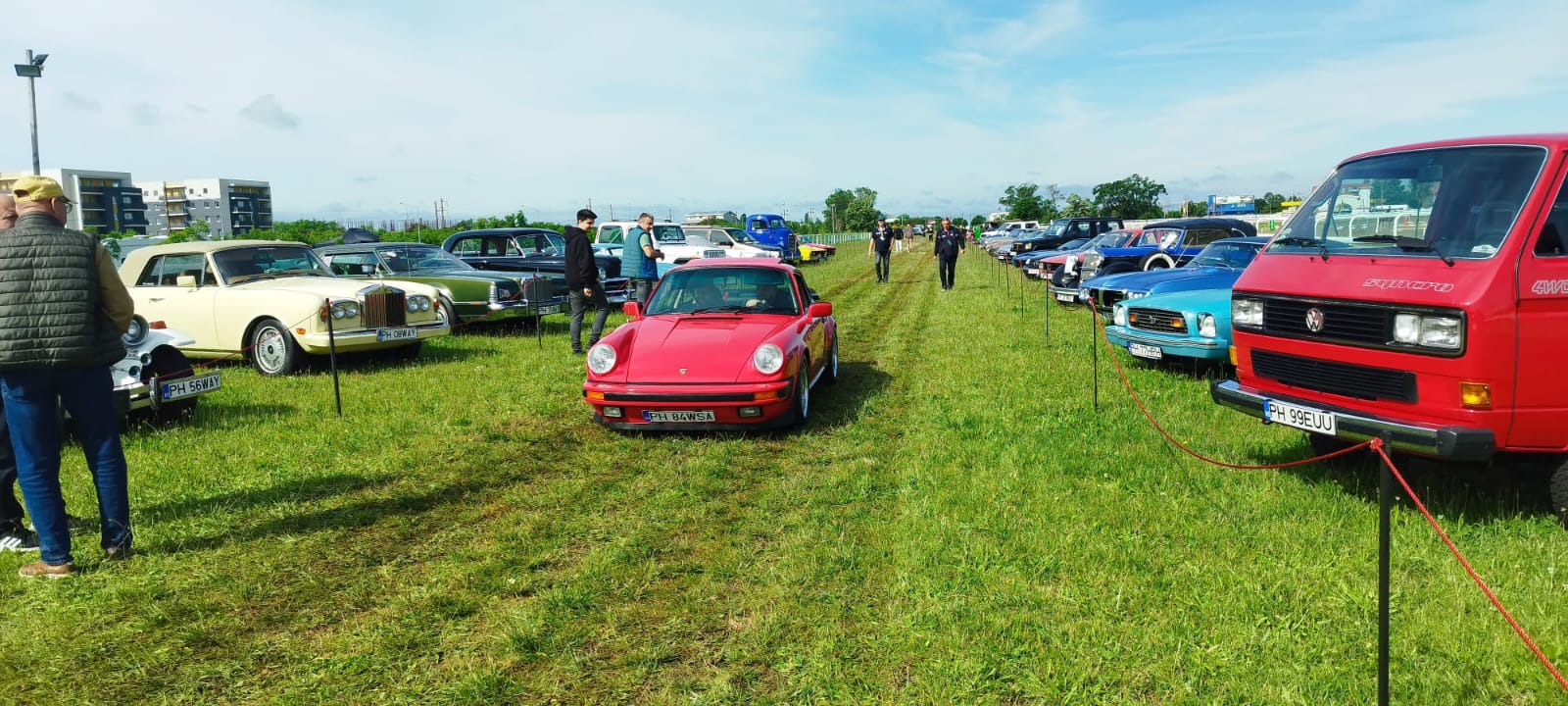
Results:
Antebellum Class:
1. Razvan Badulescu, 1936 Plymouth P2 Deluxe Fordor Touring Sedan
2. George Bicu, 1941 Buick Super Eight Coupé
3. Dorin Radu, 1935 Dodge DU
Postbellum Class:
1. Stefan Sverginski, 1970 Lancia Fulvia Coupé 1.3S
2. Albert Ranete, 1948 Chrysler New Yorker Highlander
3. Lucian Dragan, 1964 Fiat 500D
Youngtimer Class:
1. Raul Stan, 1988 Mercedes-Benz 560SL
2. Andrei Prodrom, 1991 Morgan Plus 8
3. George Nan, 1987 Audi Coupé GT
Special prizes:
1. Best of Show - Alexandru Serban, 1984 Porsche 911 Carrera
2. Made in Romania - Robert Benedek, 1994 Dacia Liberta
3. Jury Prize - Lucian Patachi, 1988 Dacia Sport
4. The senior prize of the event – Bicu George, 1912 Ford Model T Speedster
5. Best Youngtimer – Marian Nedelcu, 1996 Dodge Viper
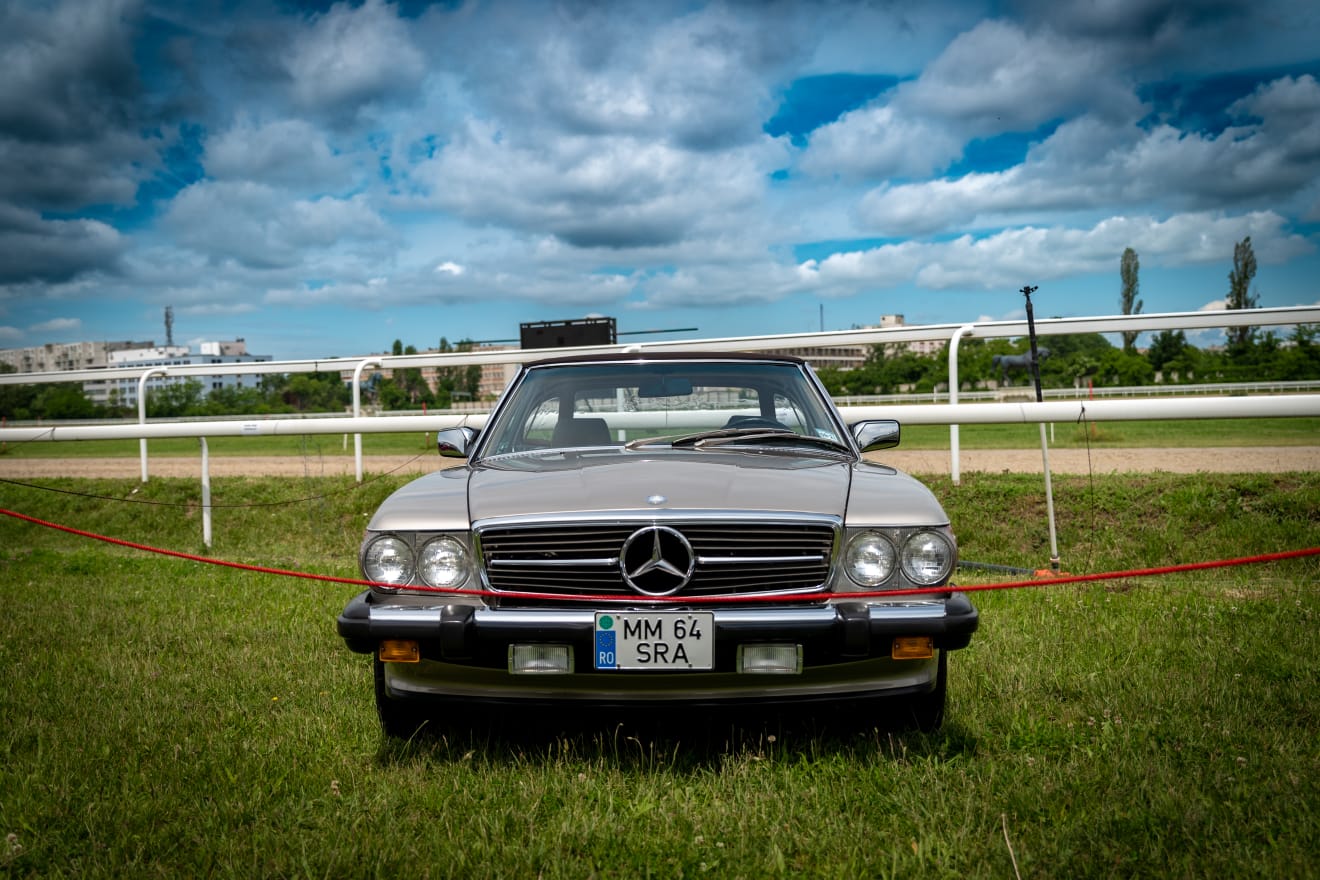
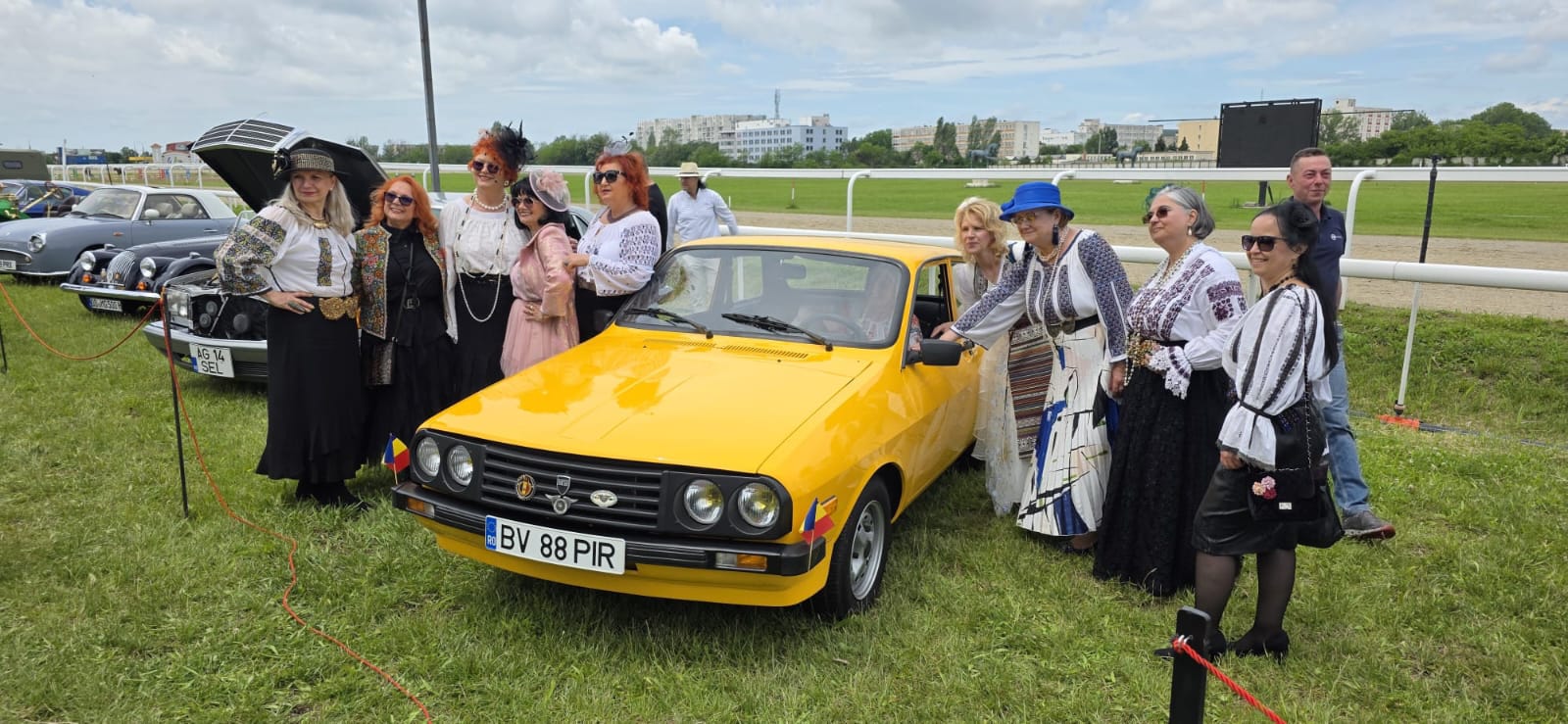
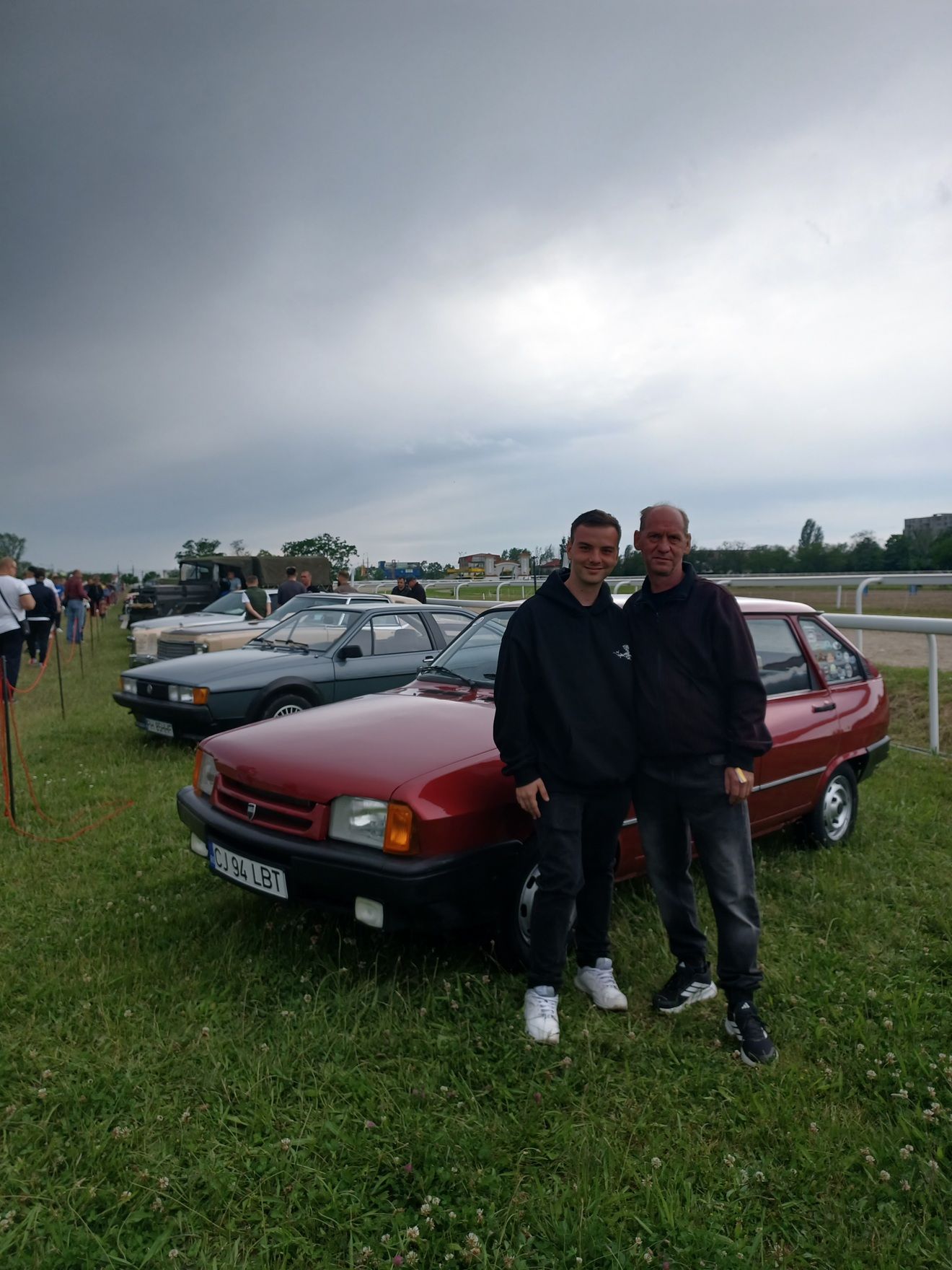
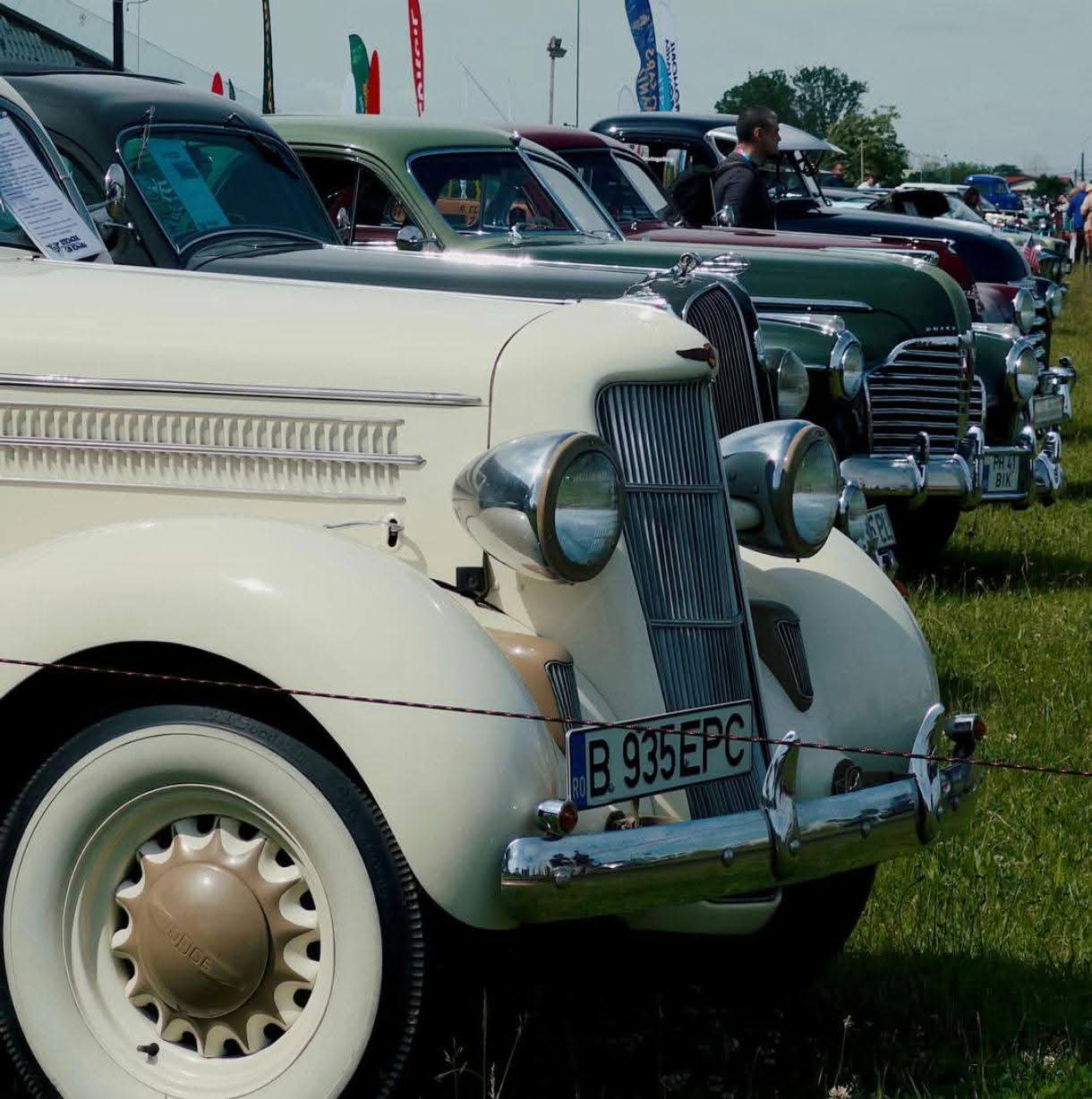
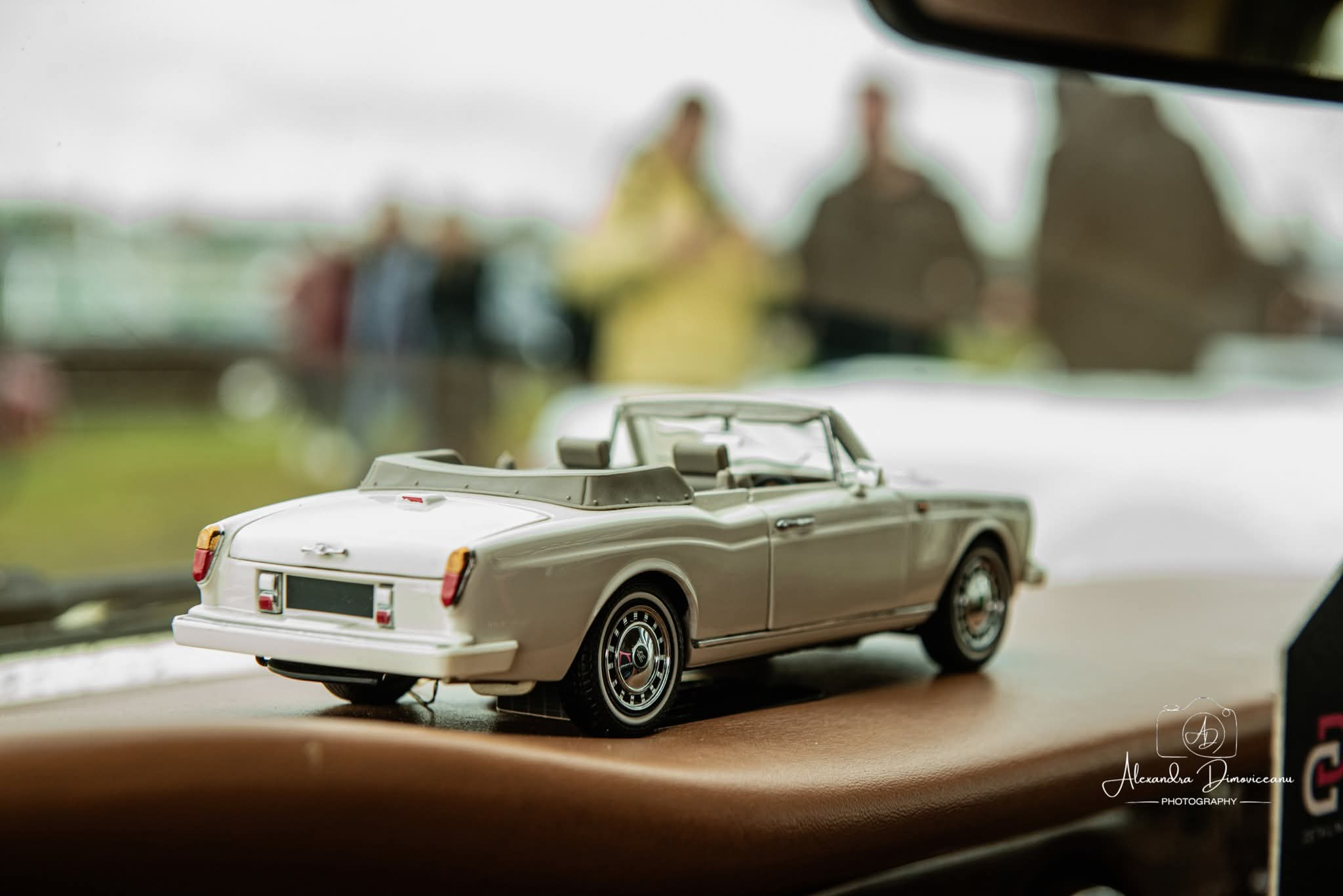
Comments
Sign in or become a deRivaz & Ives member to join the conversation.
Just enter your email below to get a log in link.
